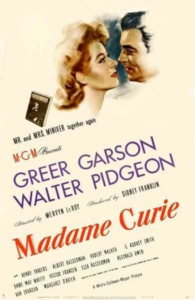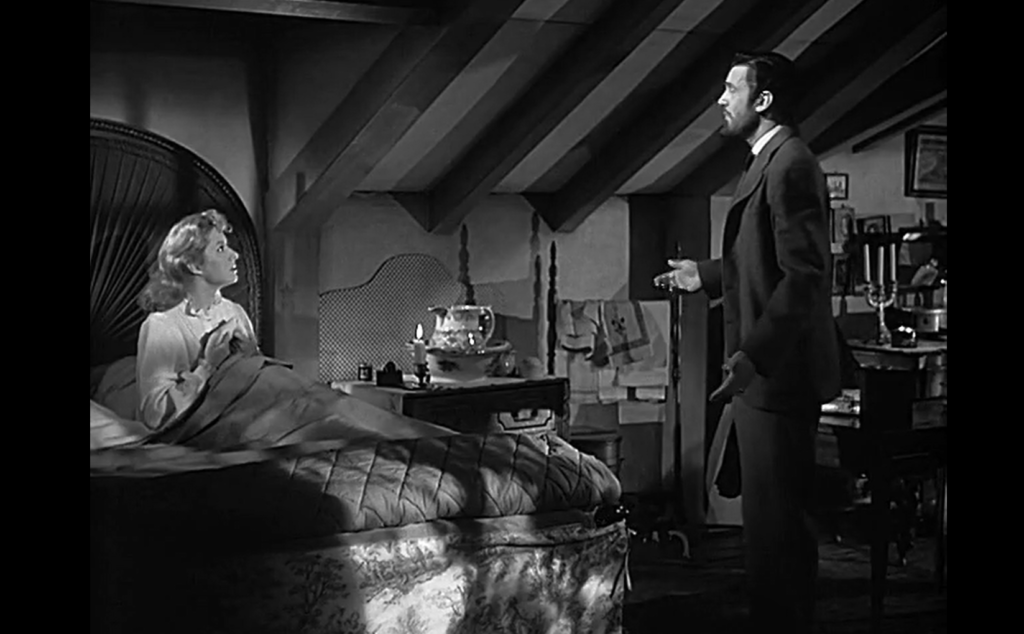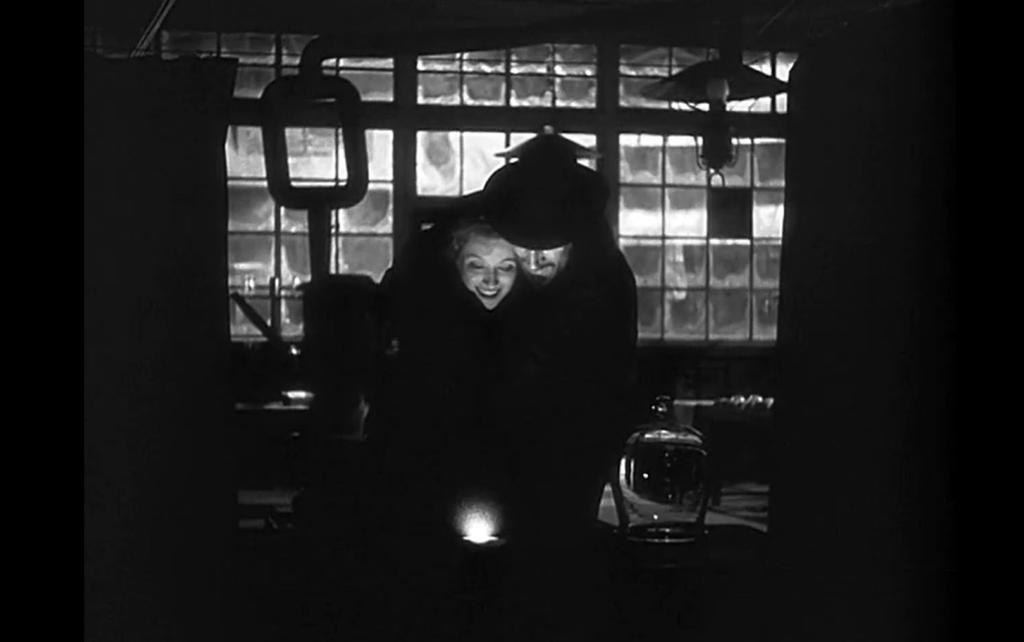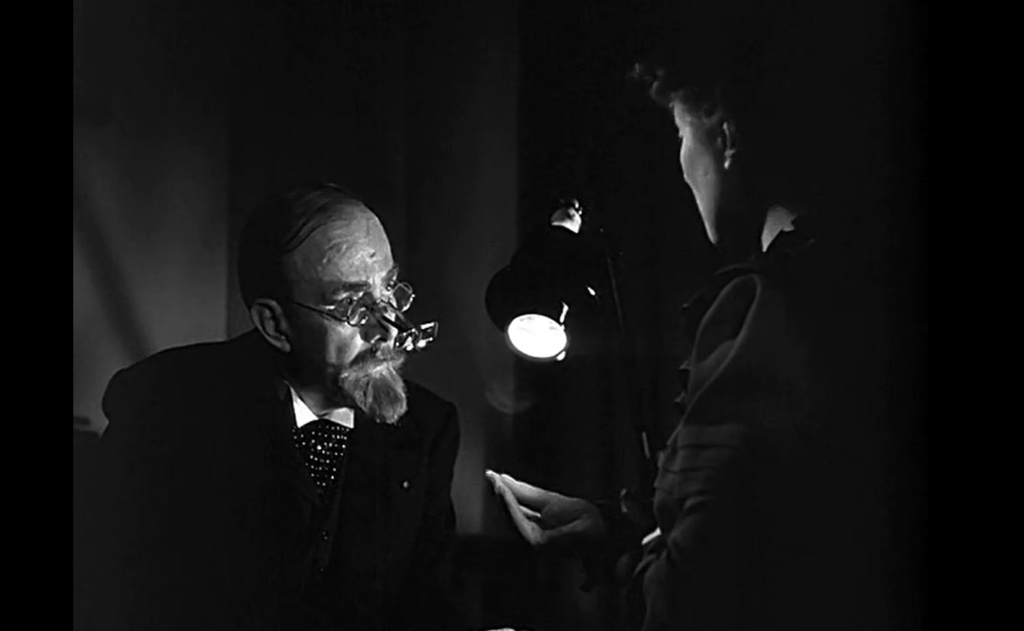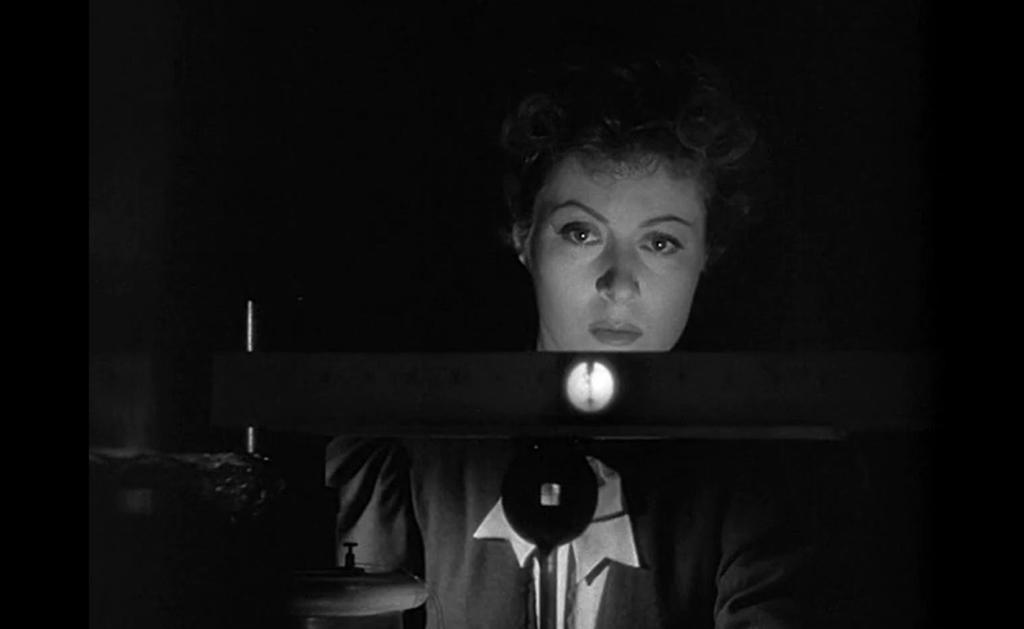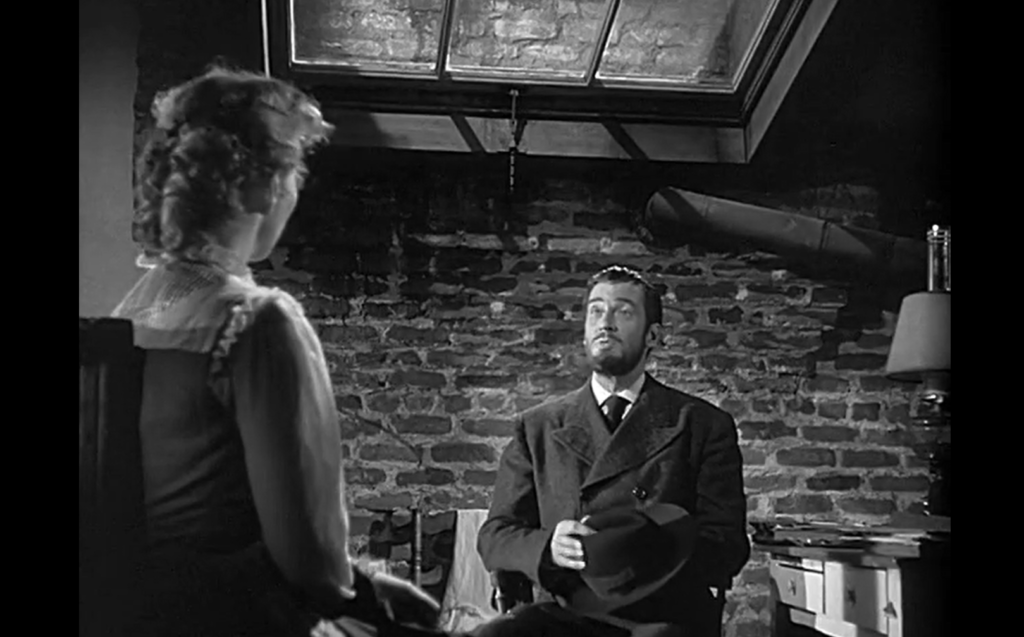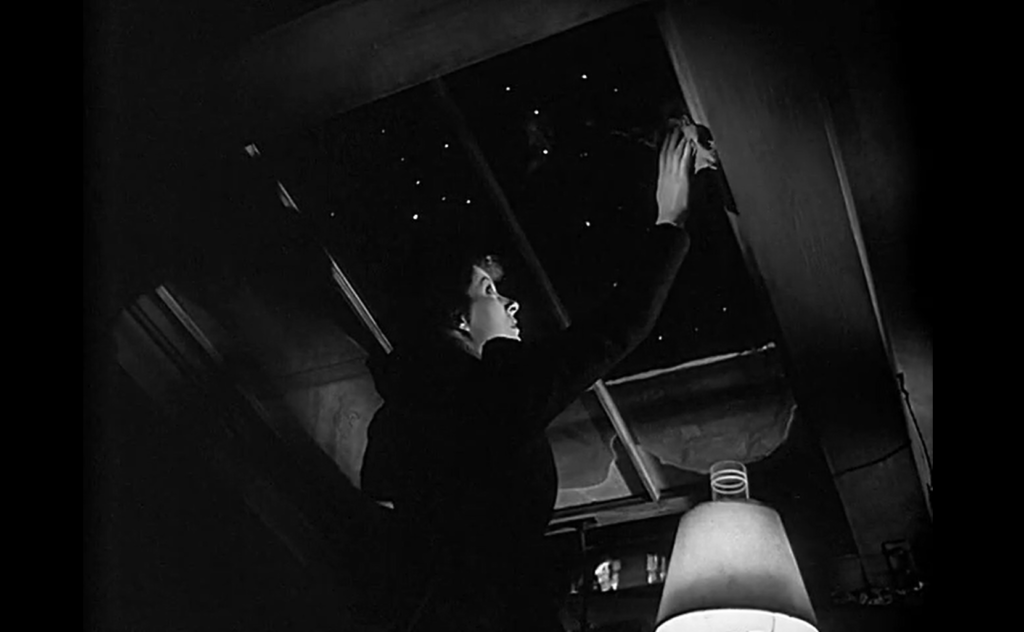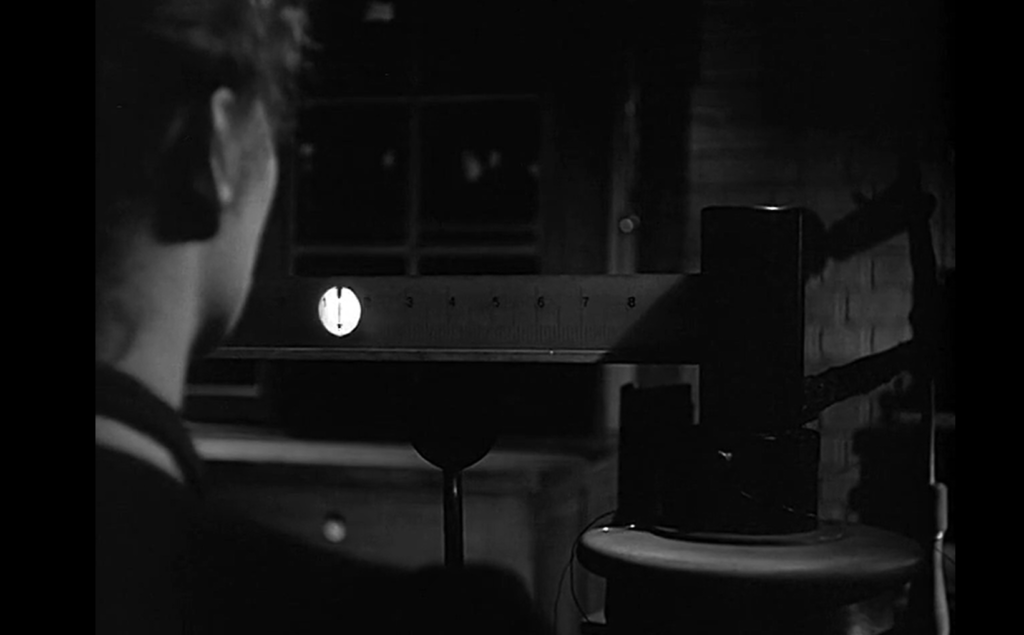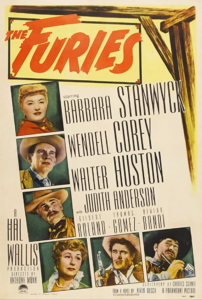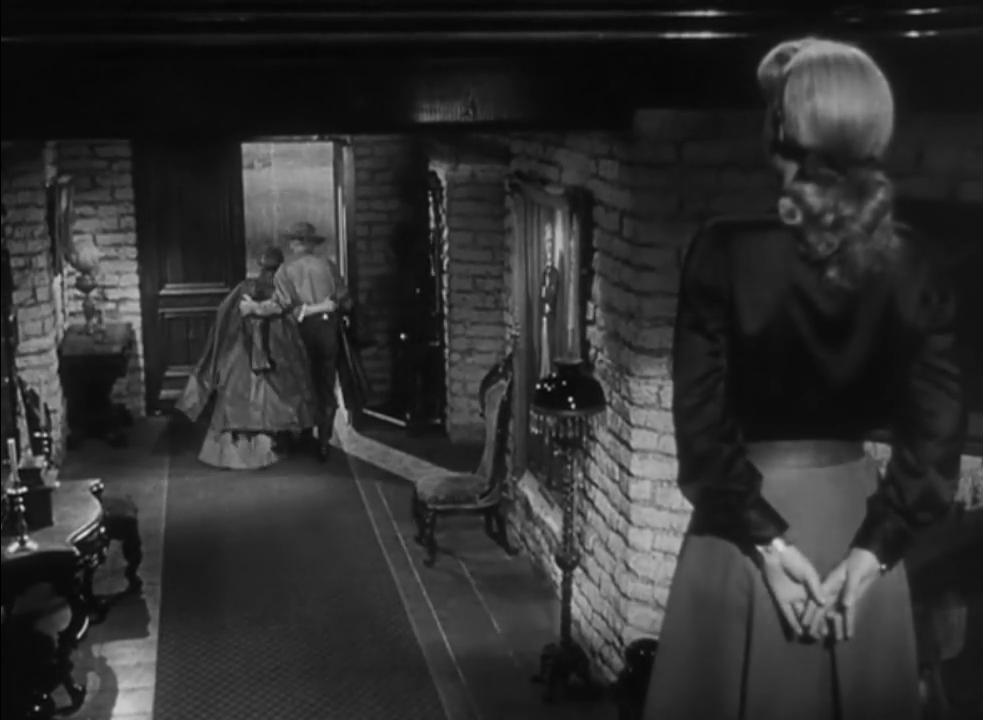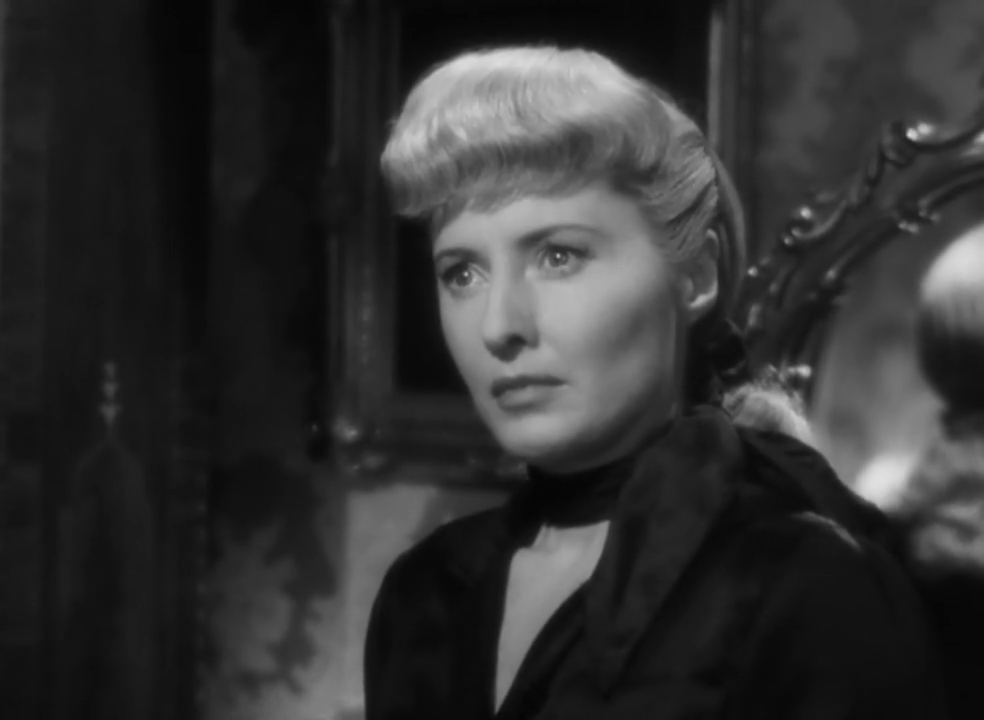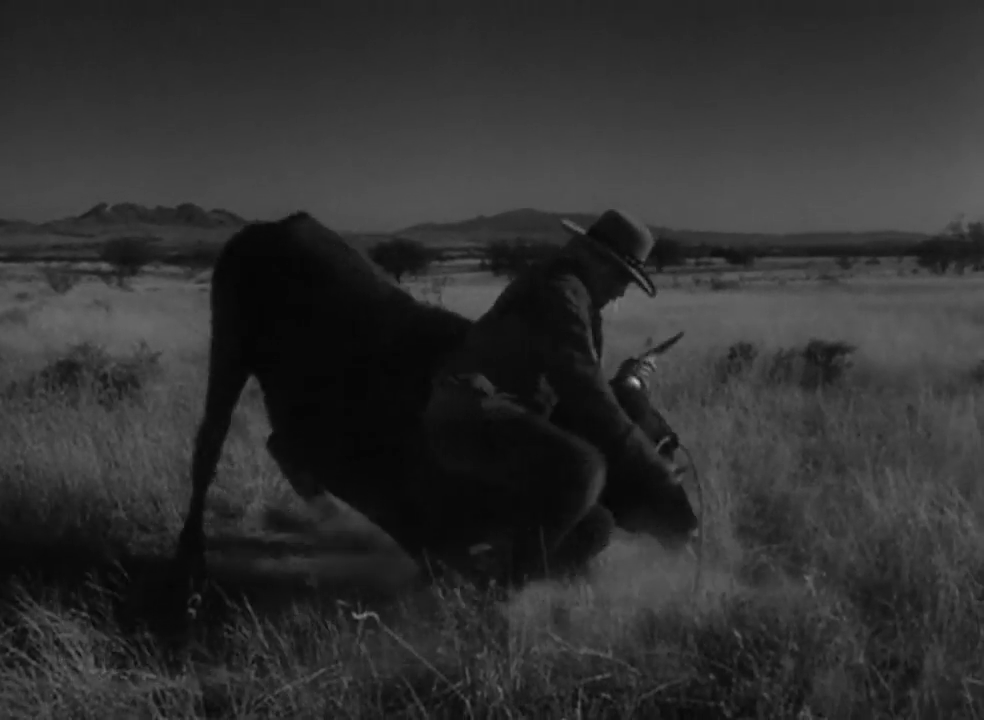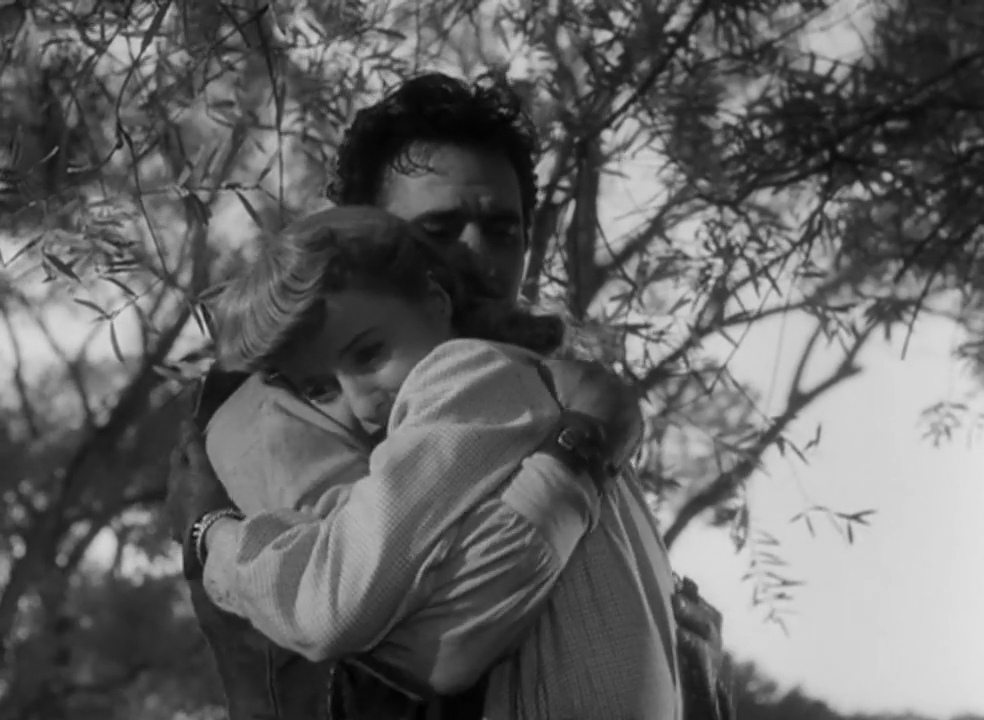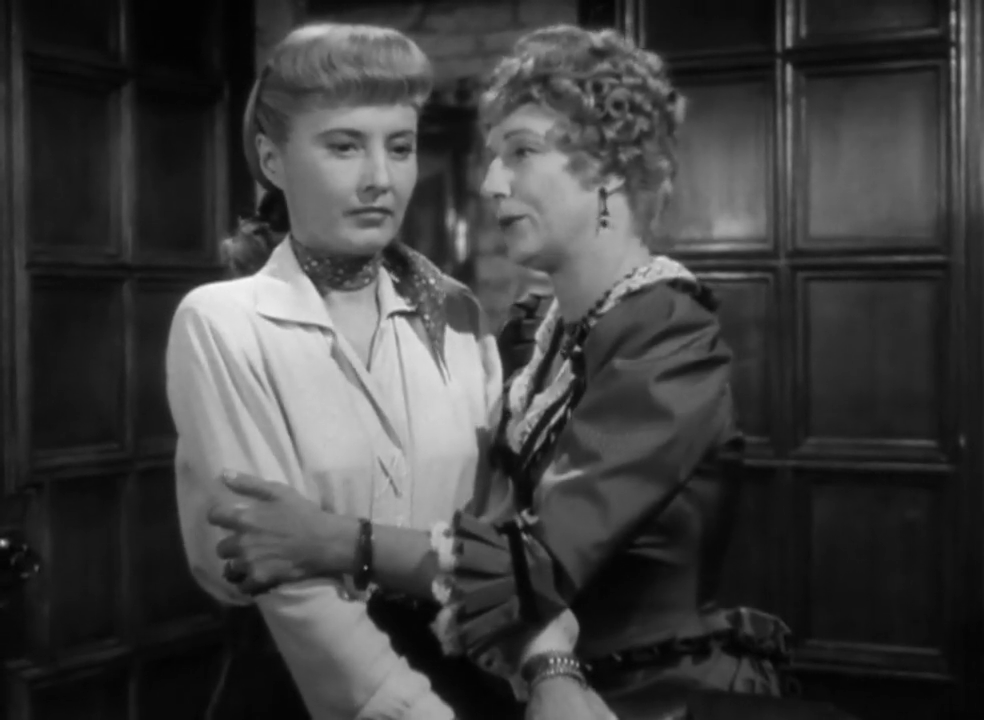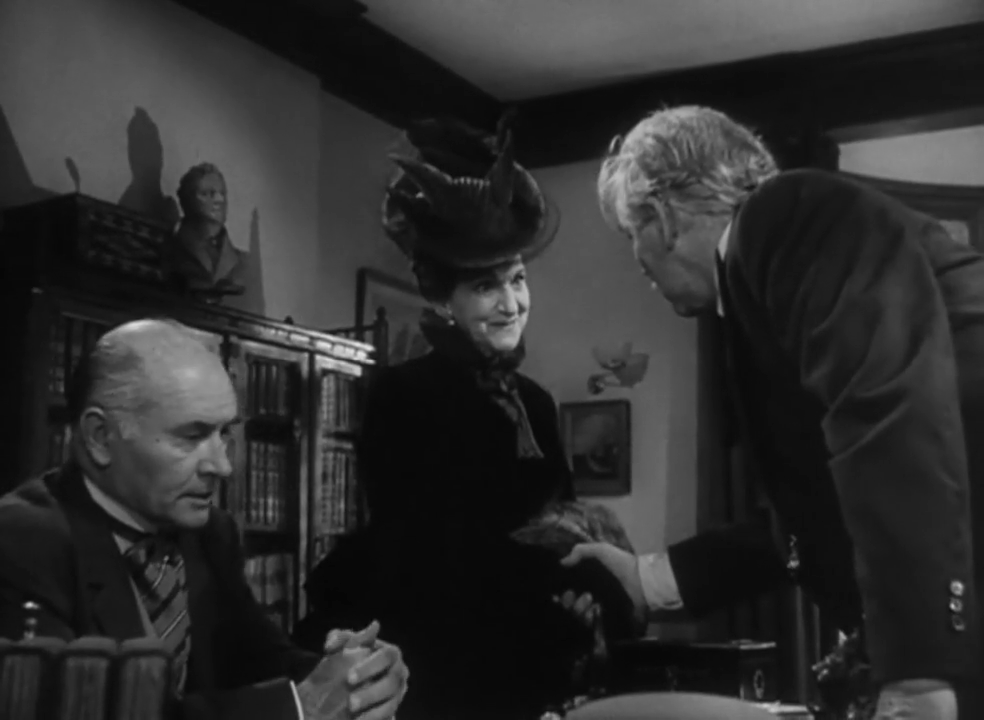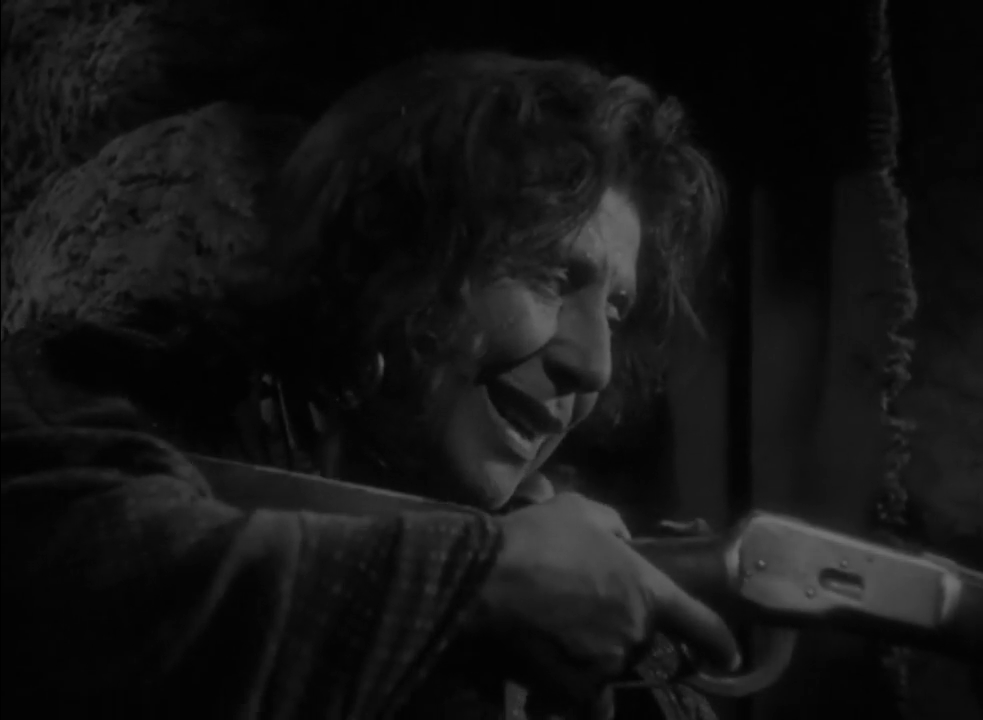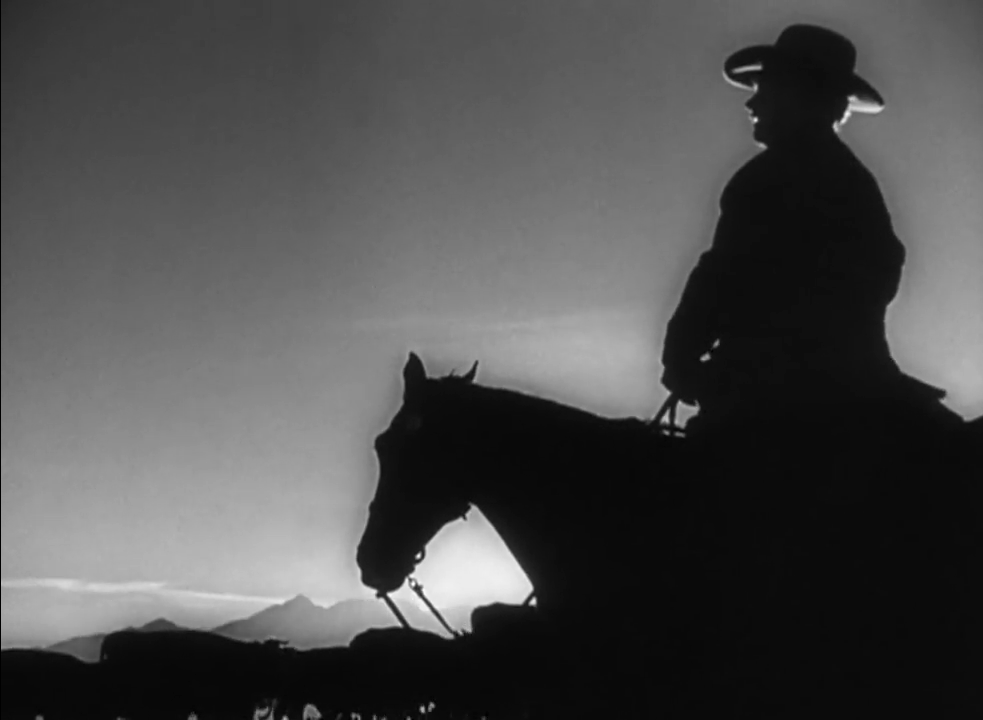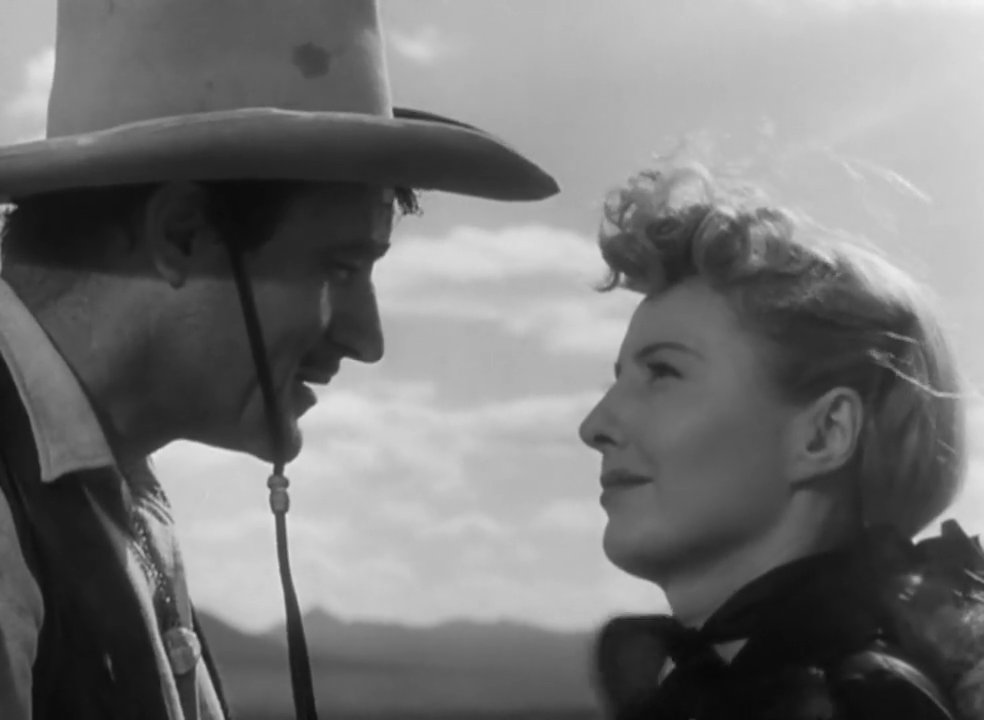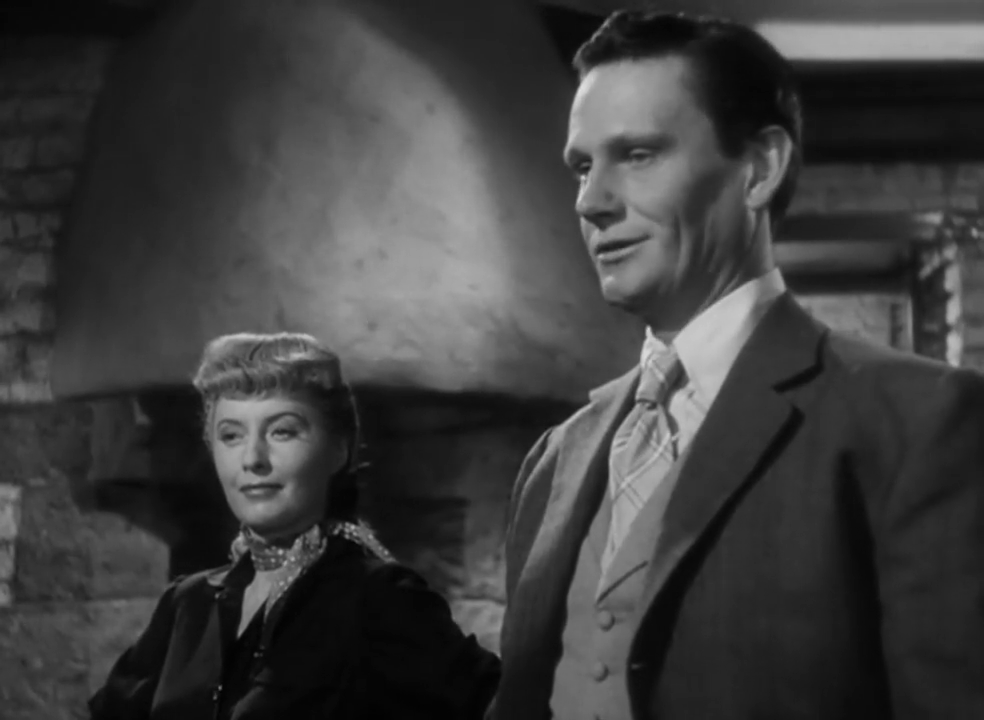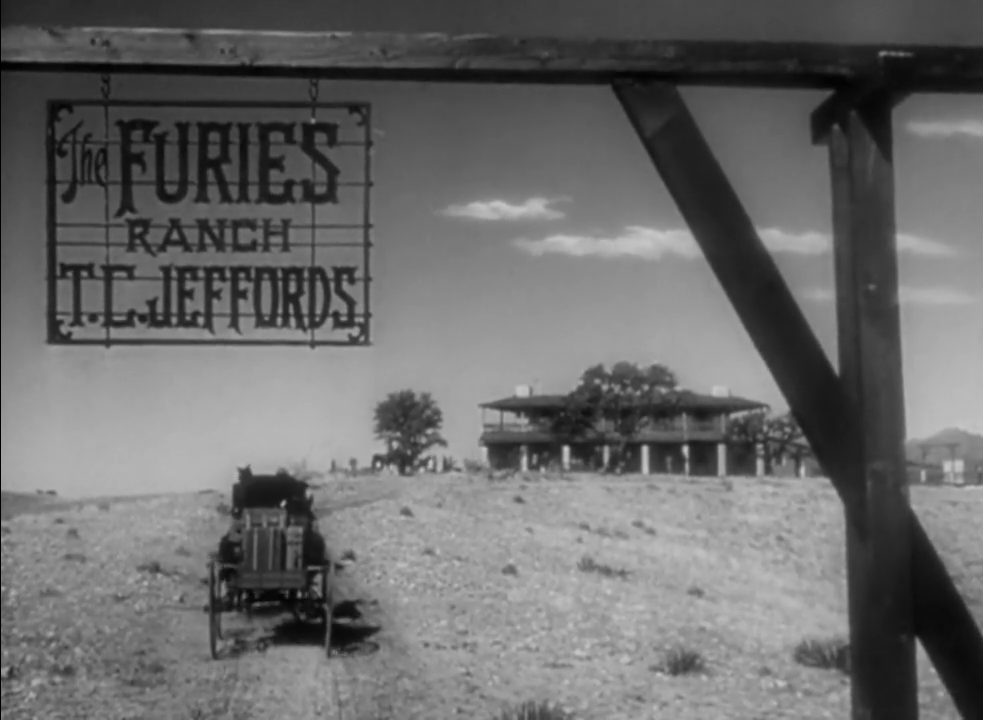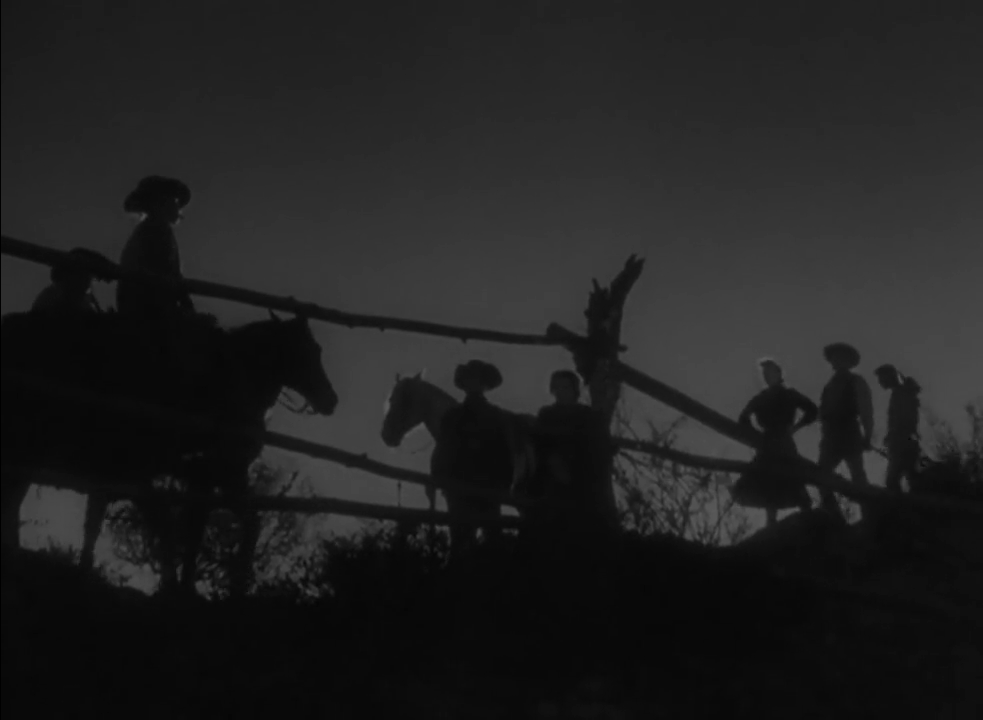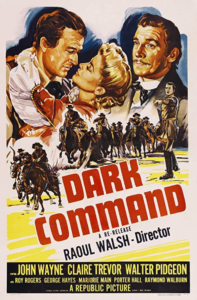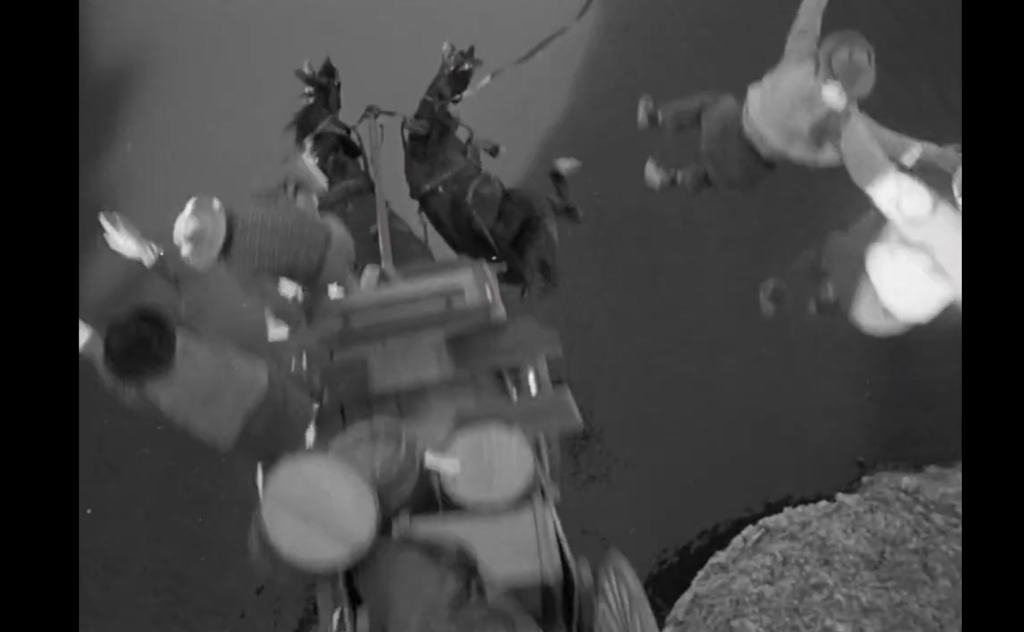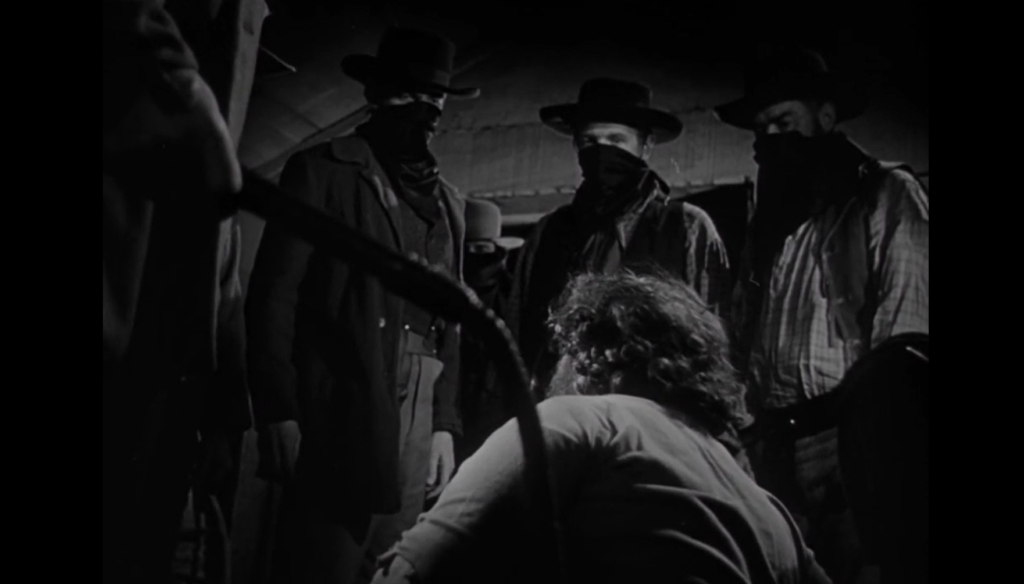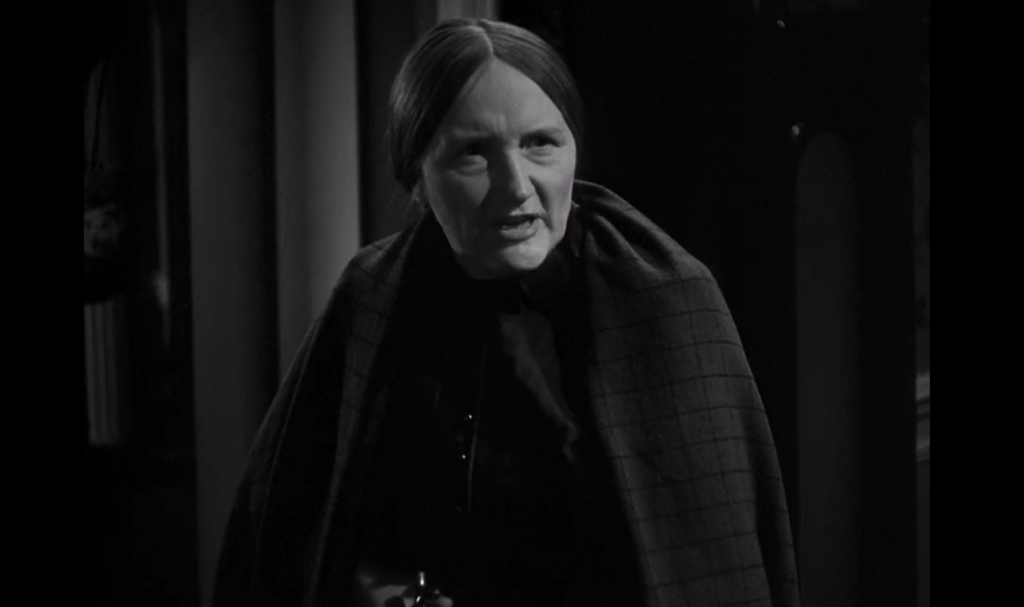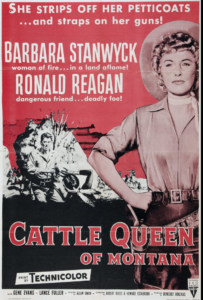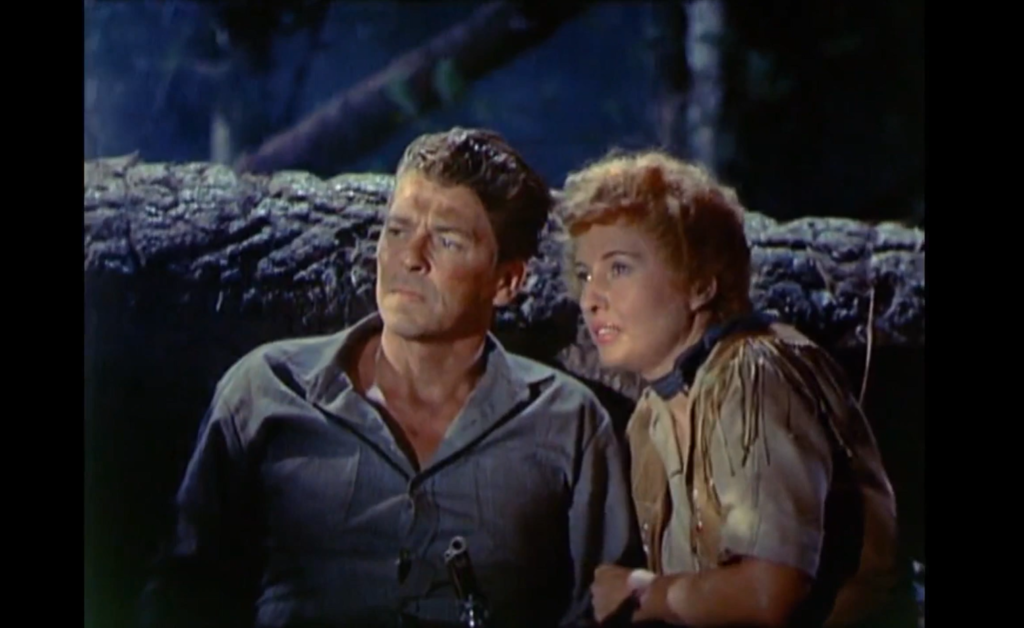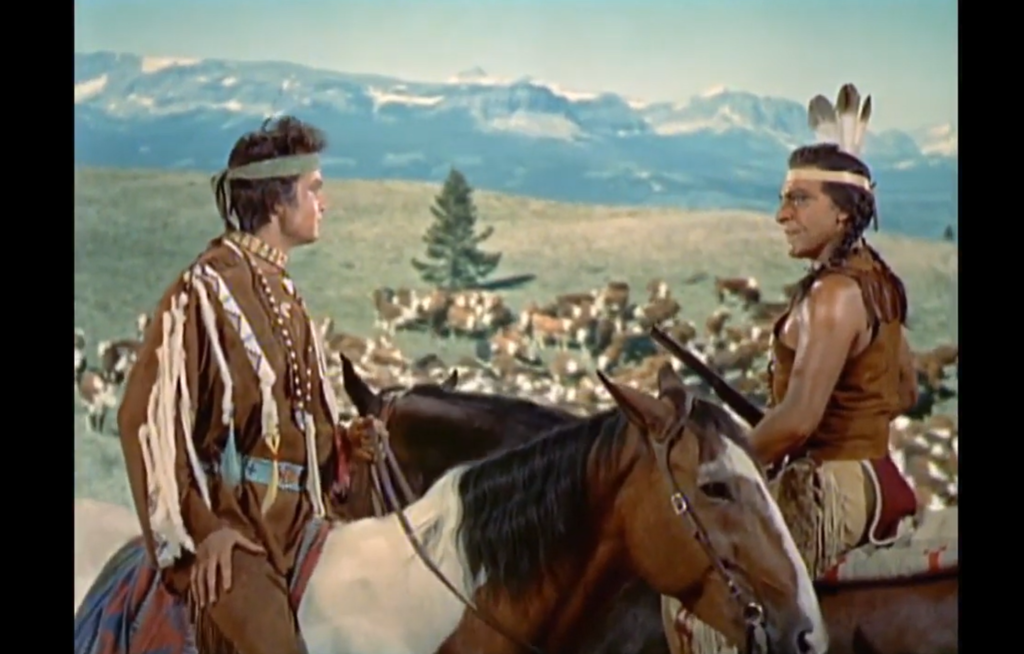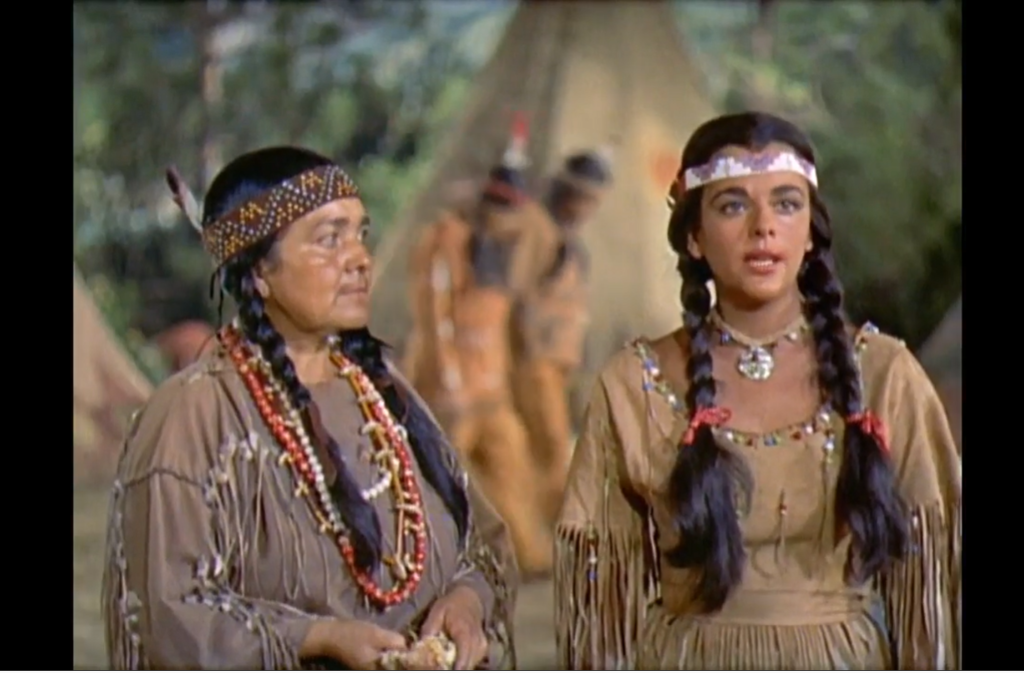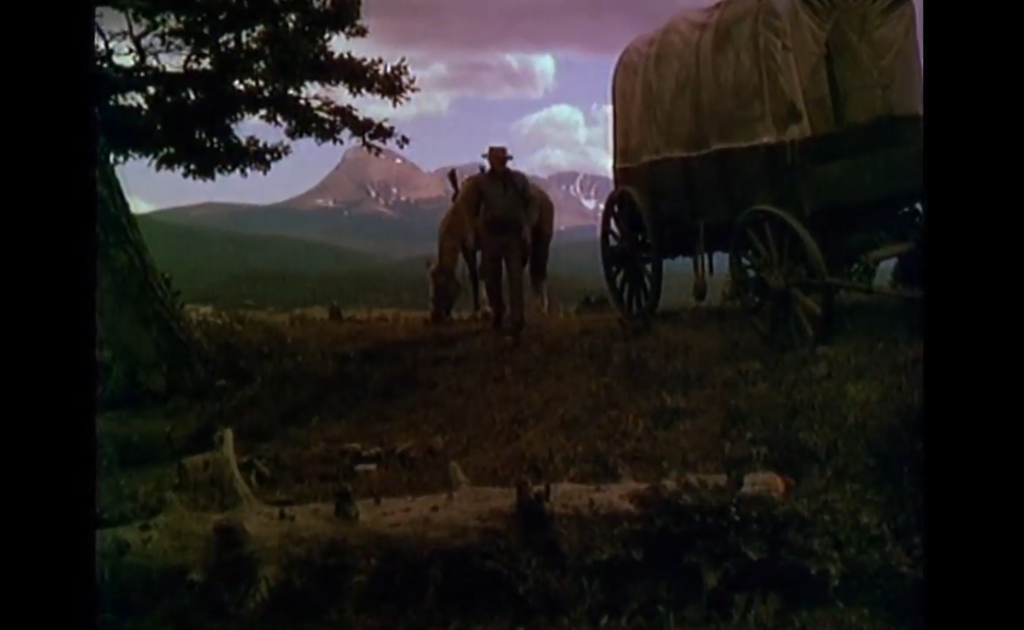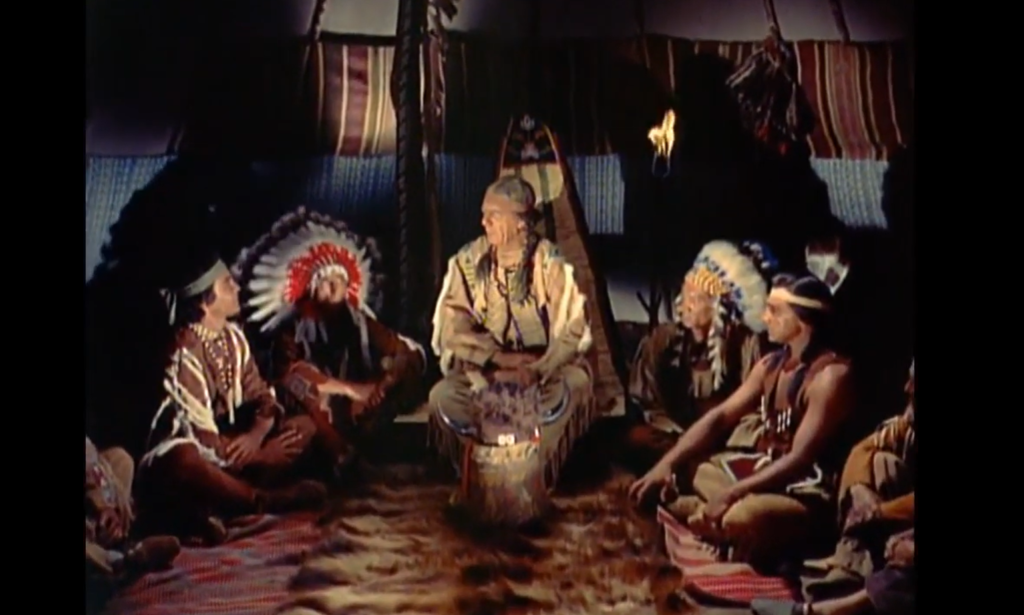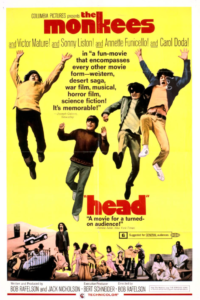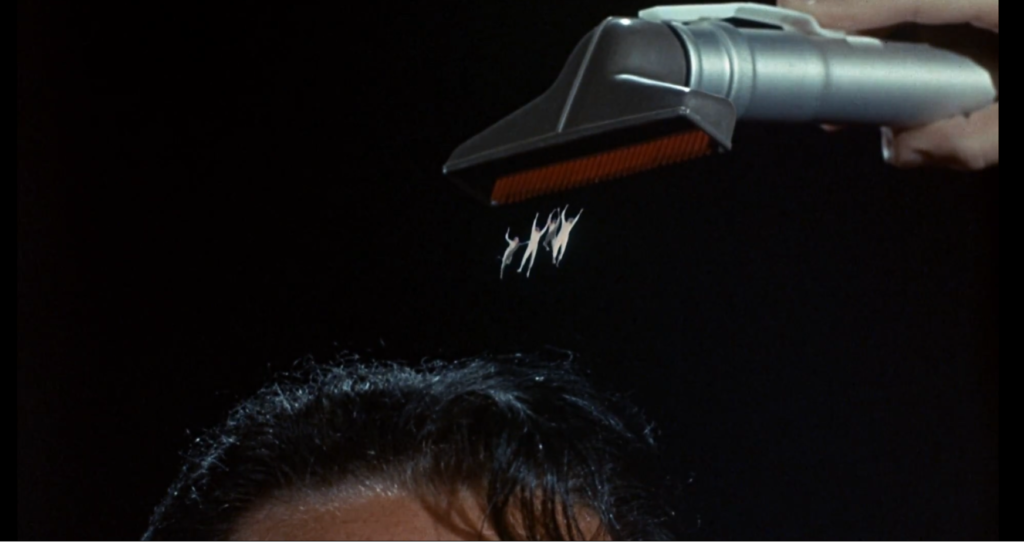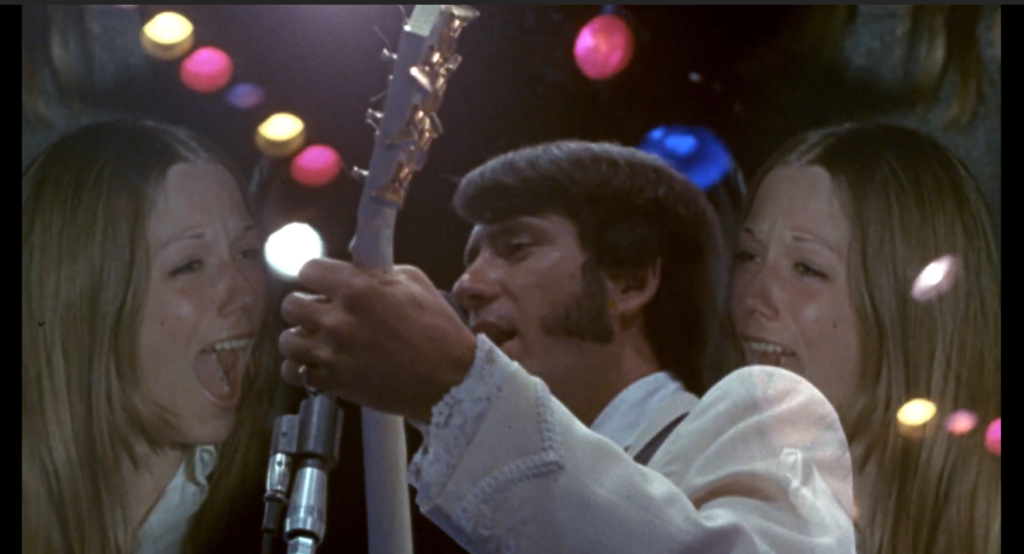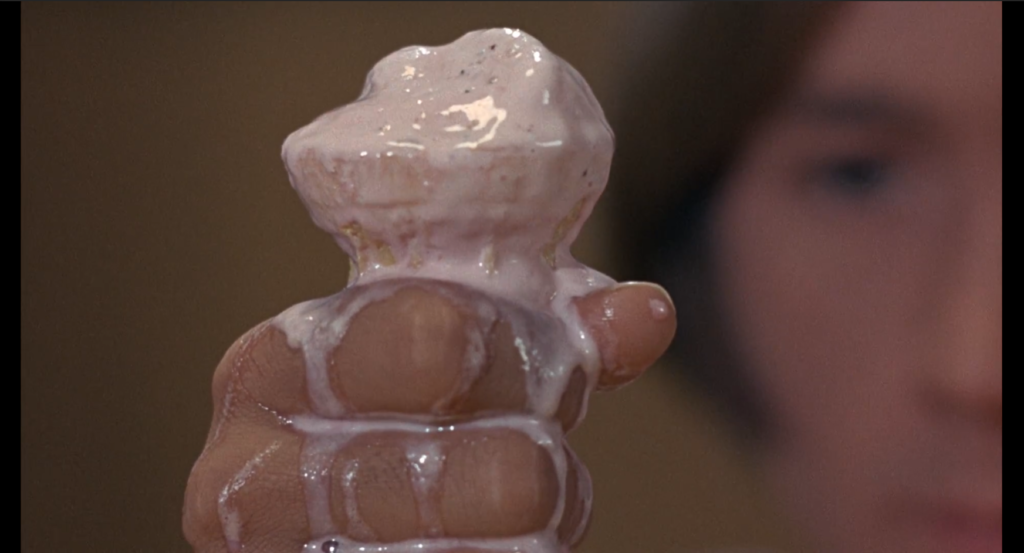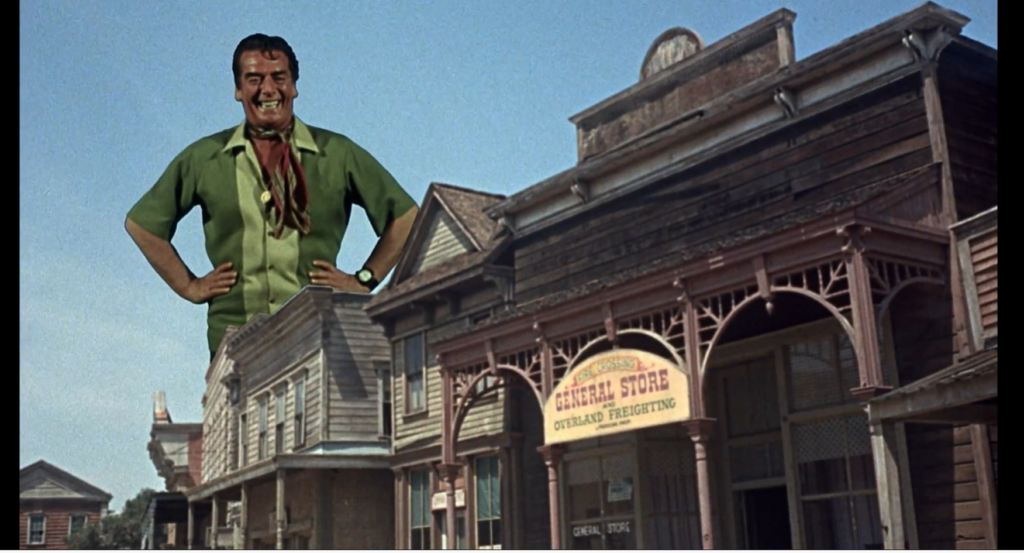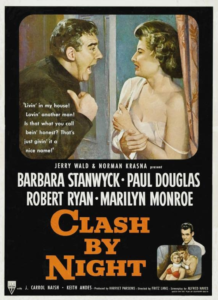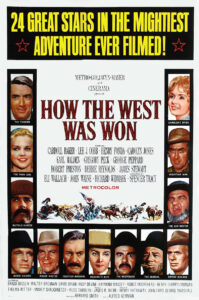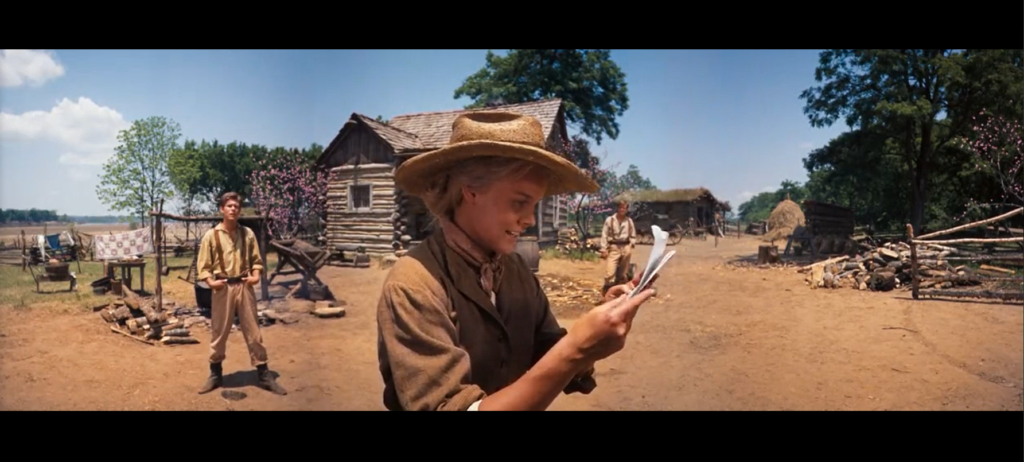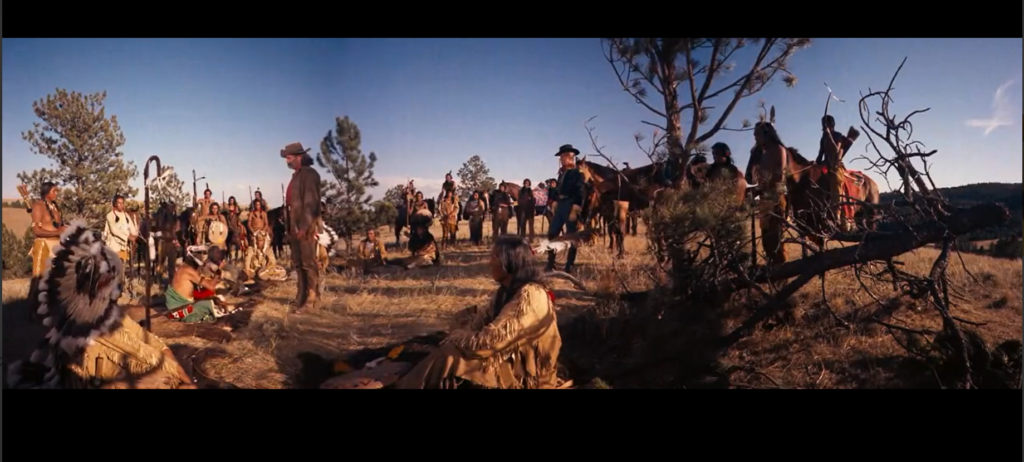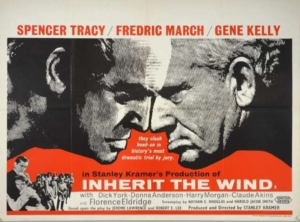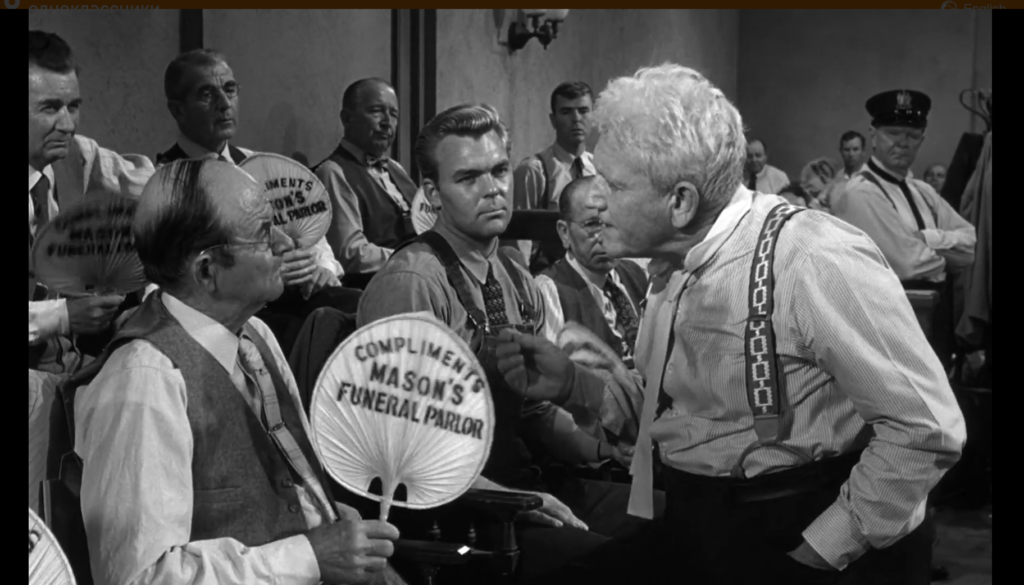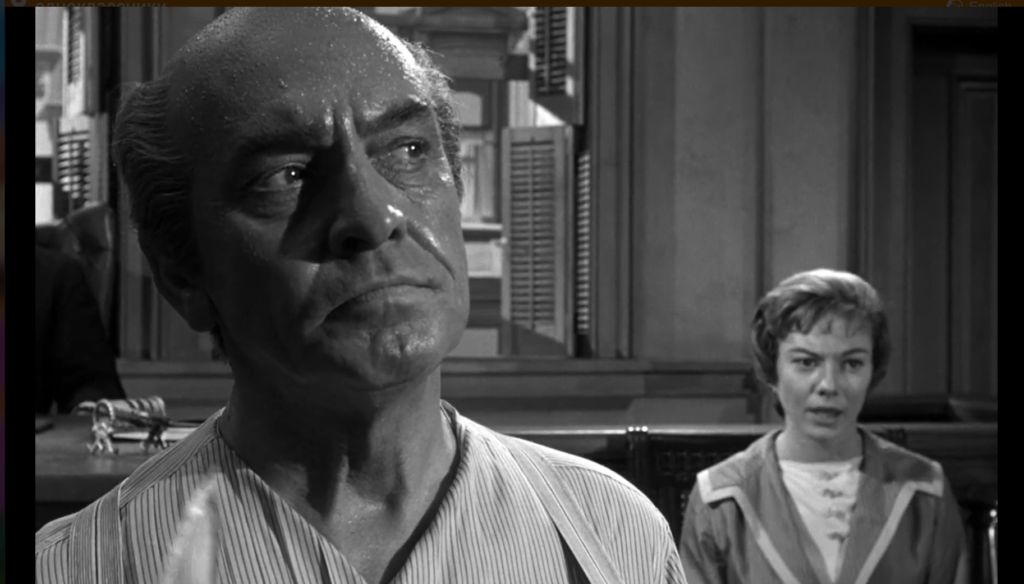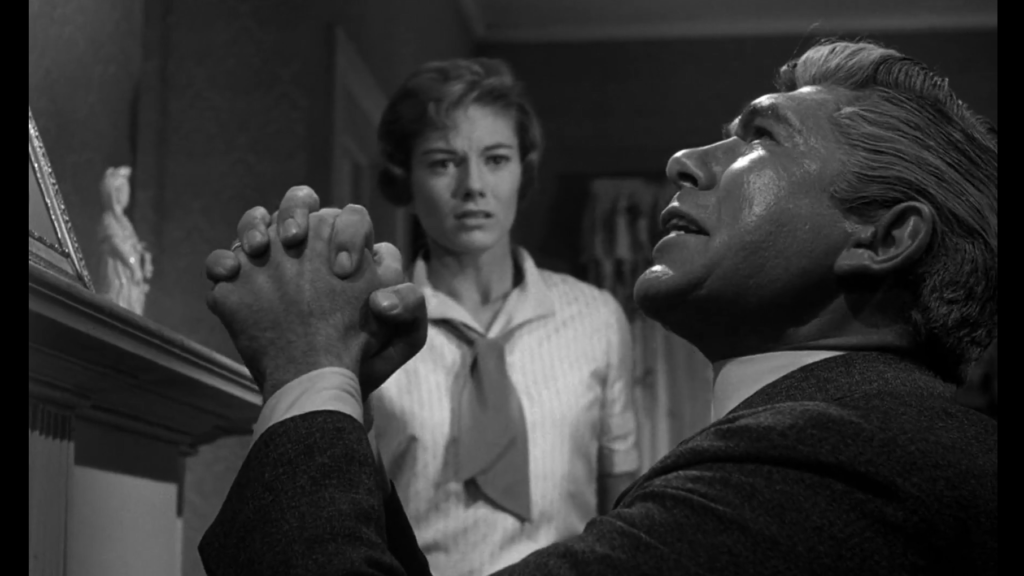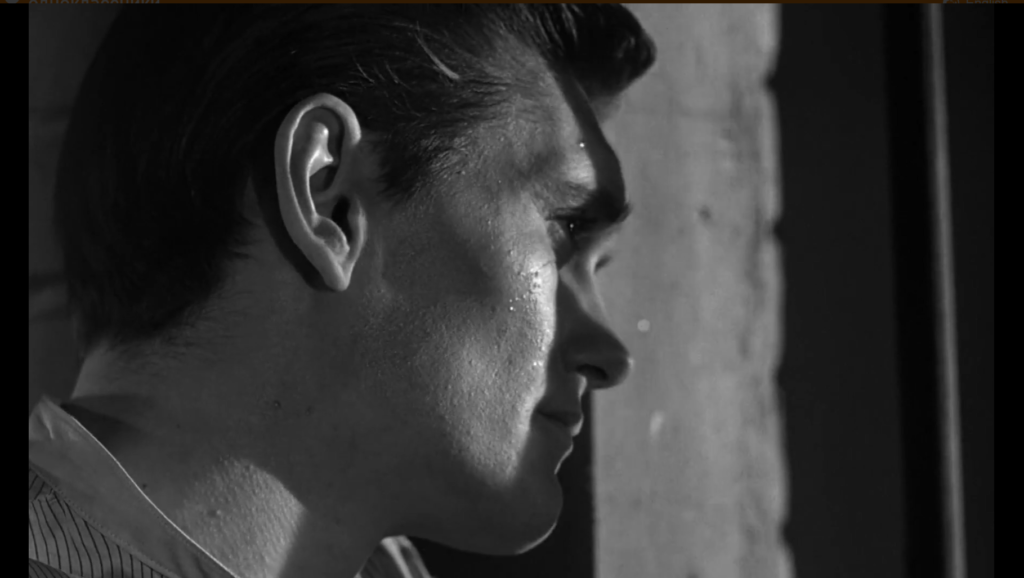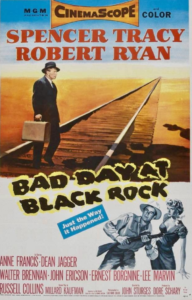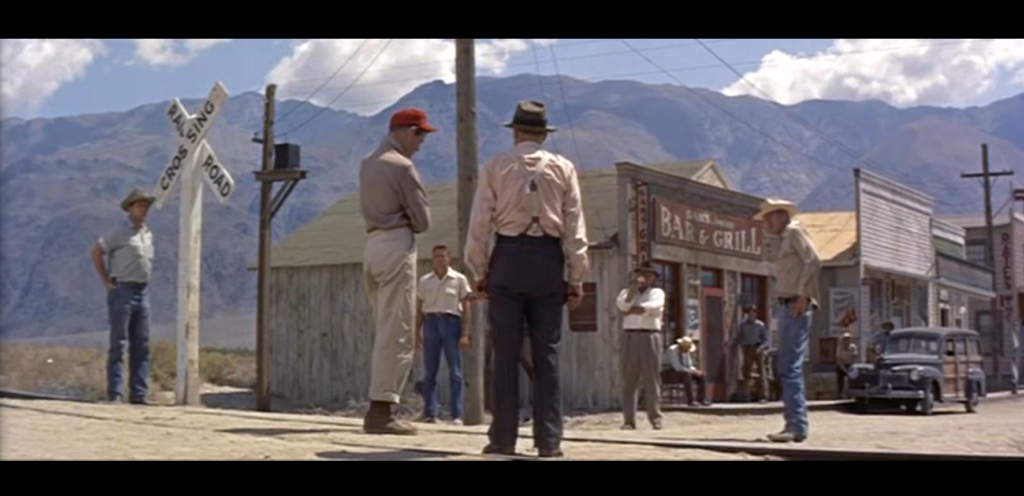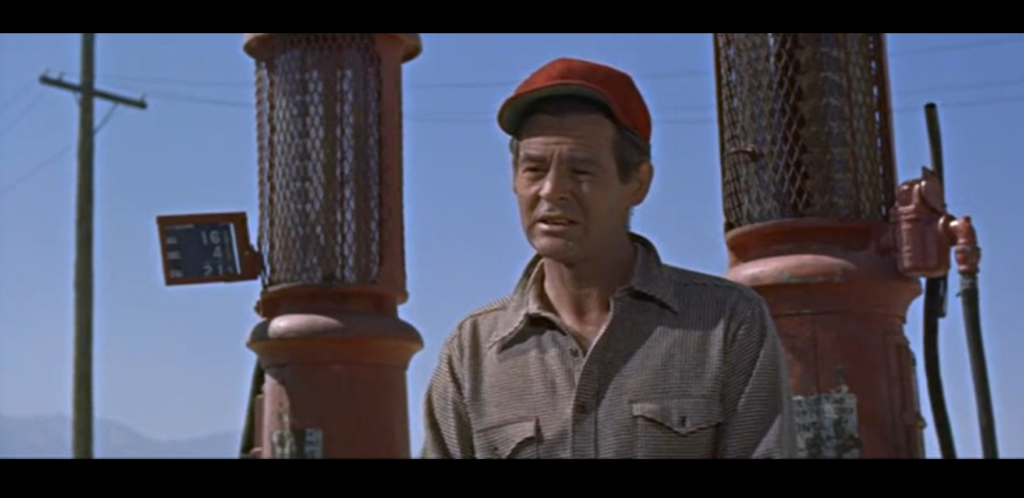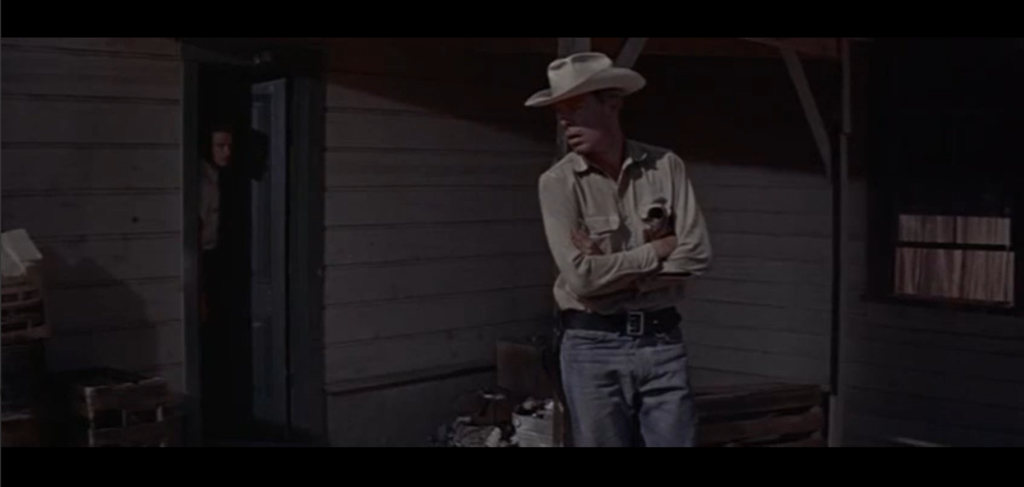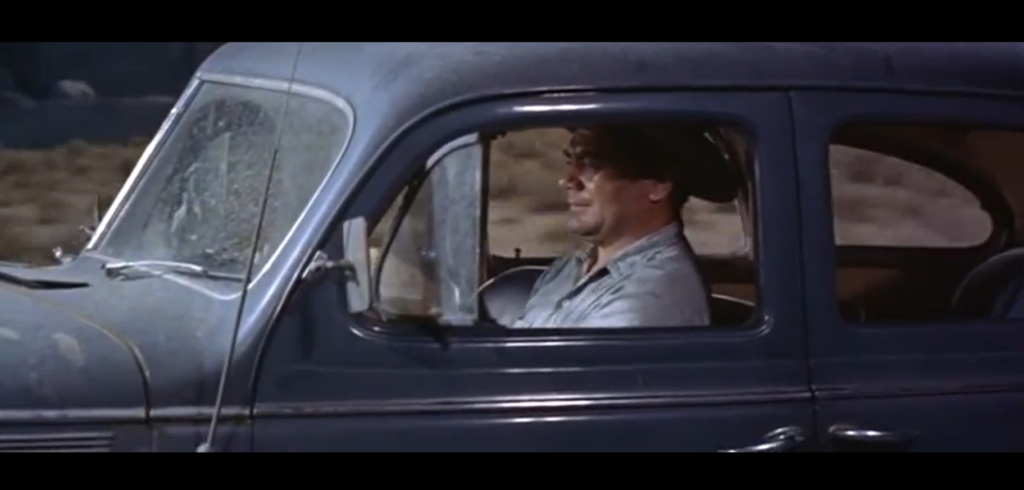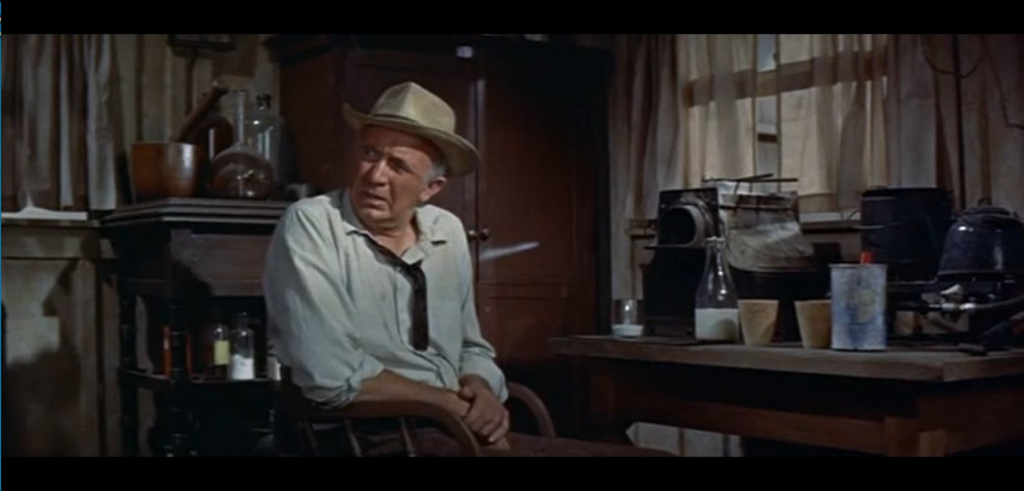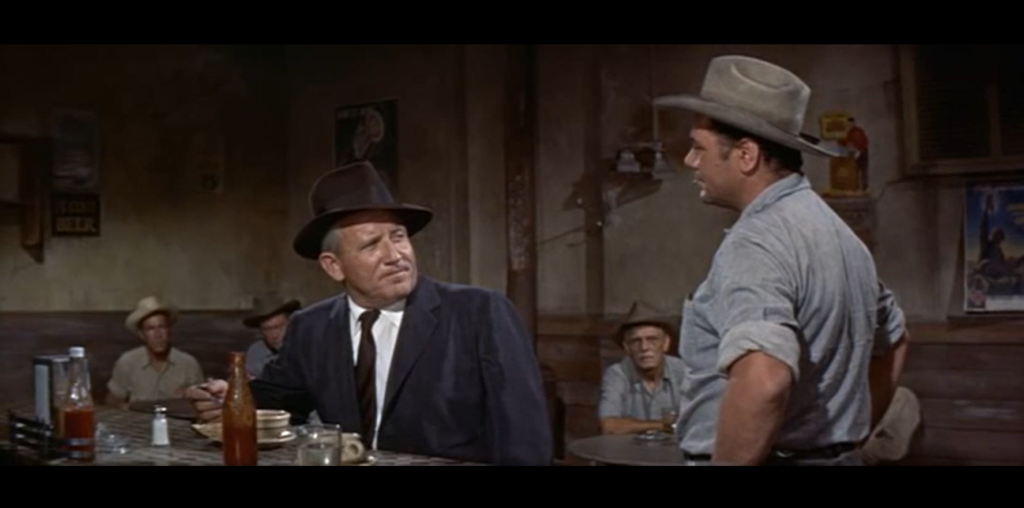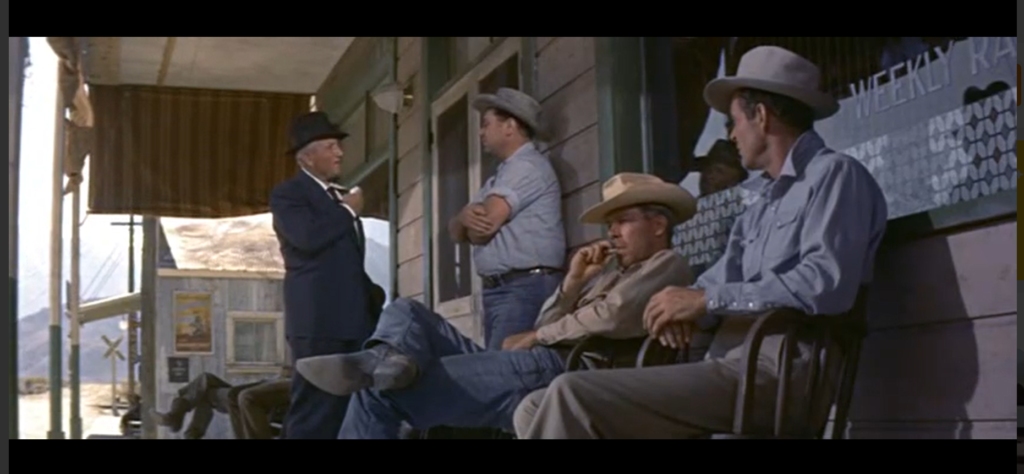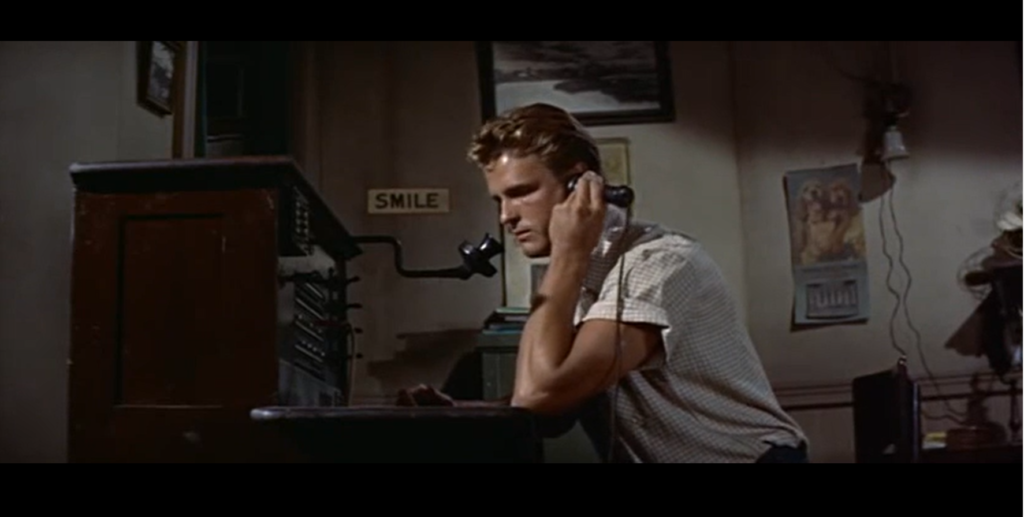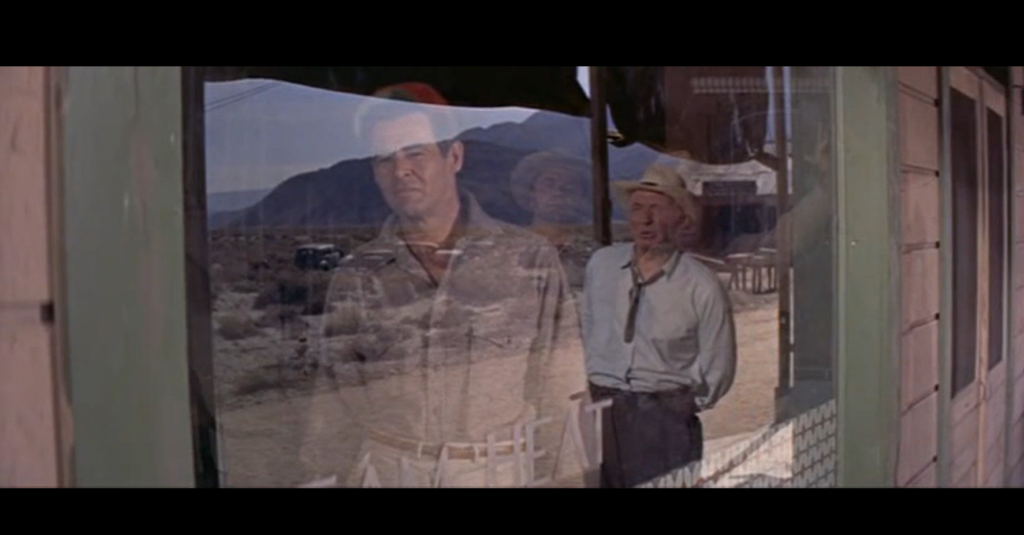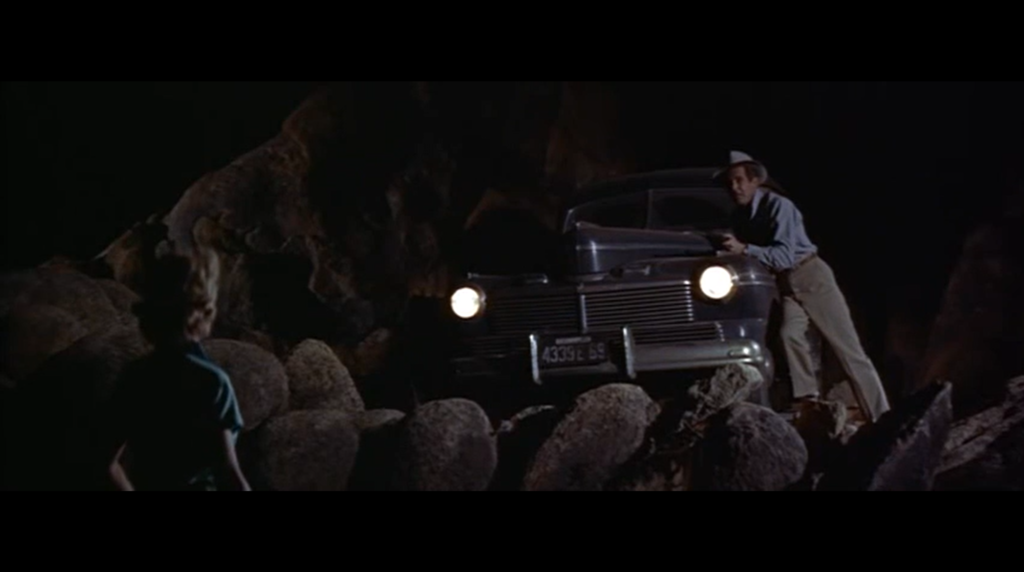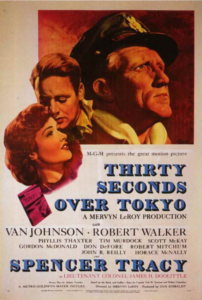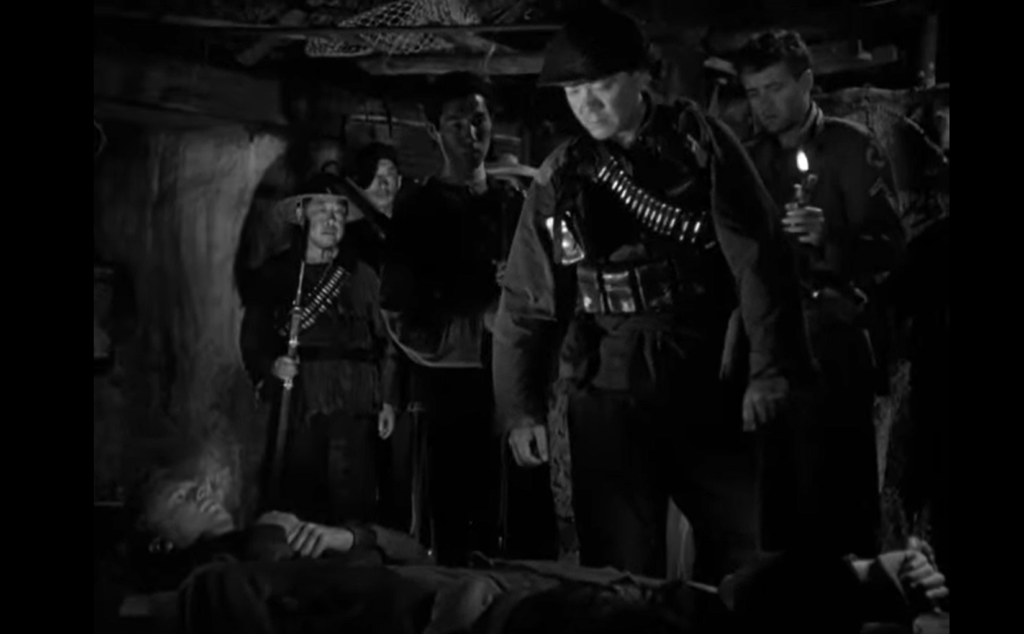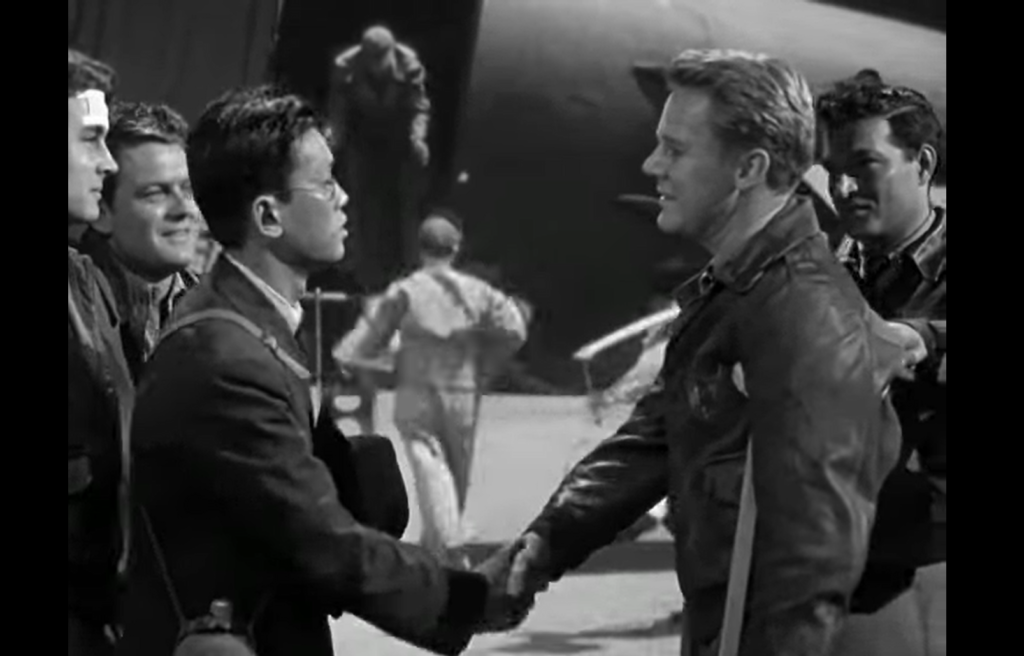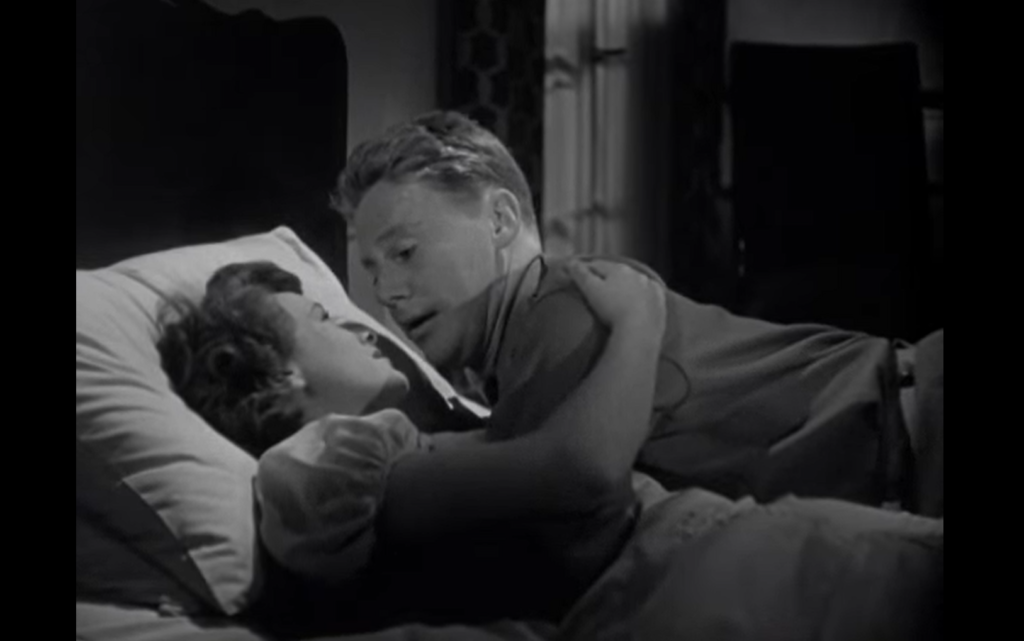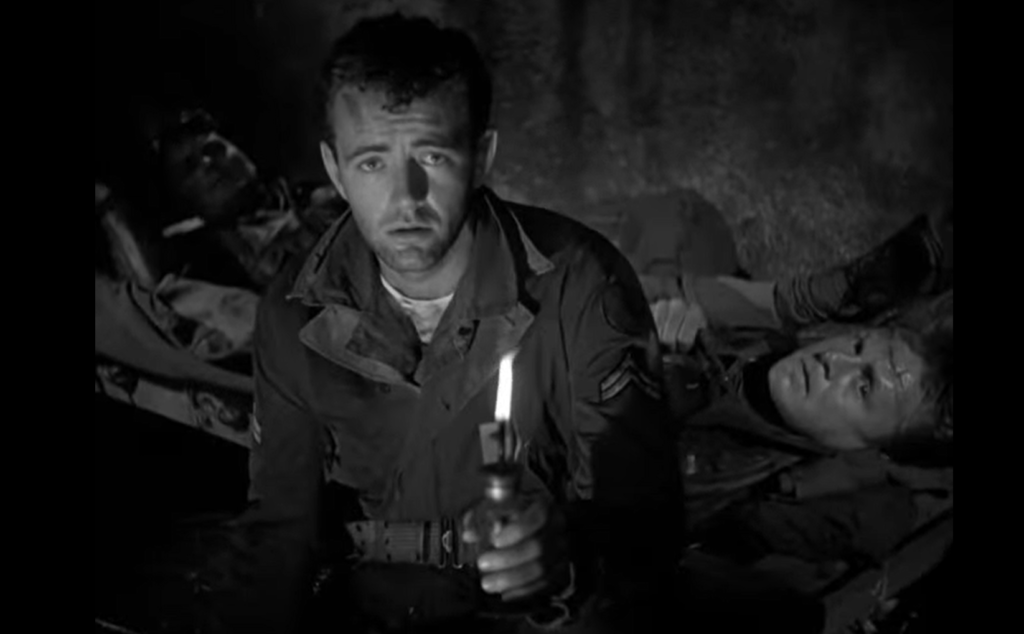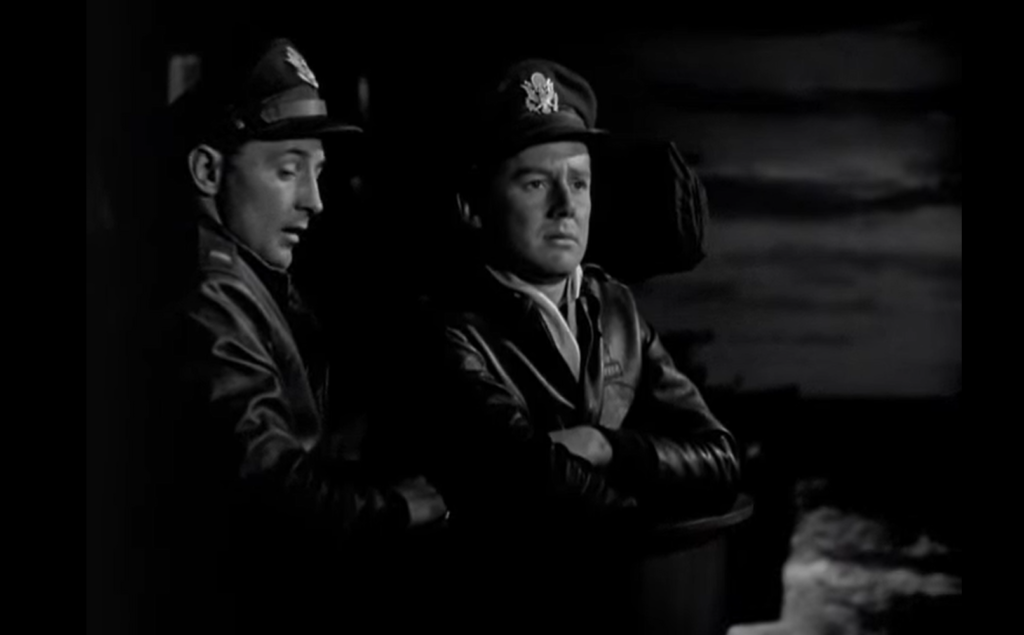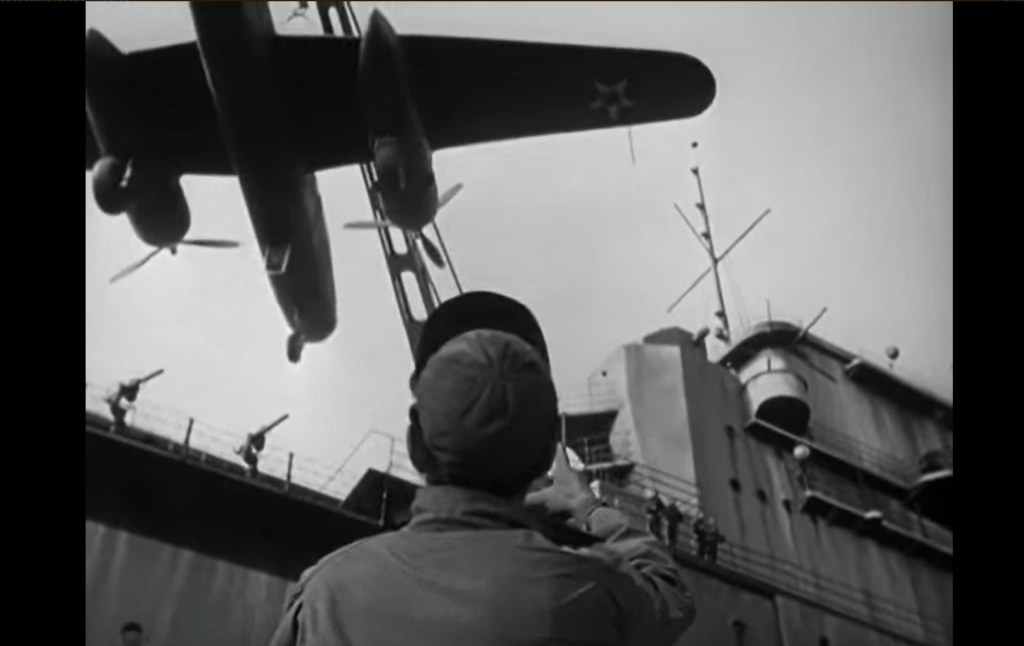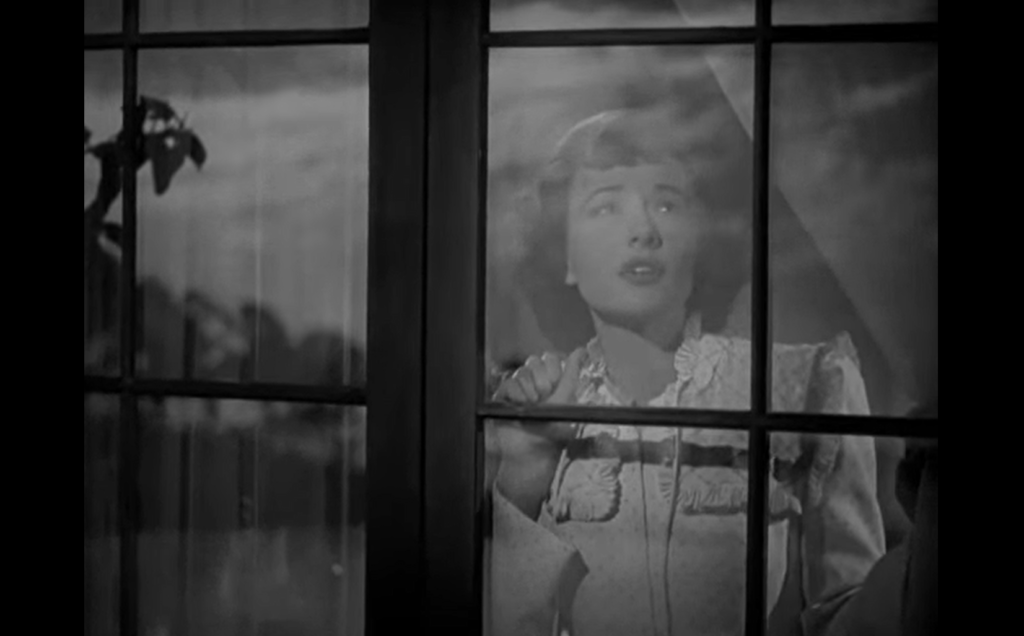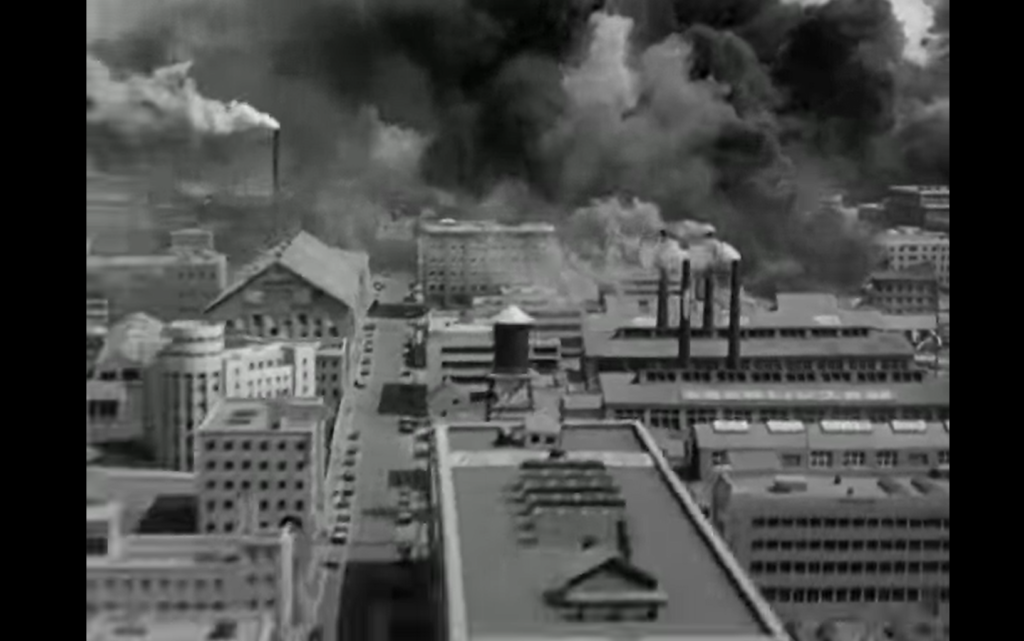|
Genres, Themes, Actors, and Directors:
- Barbara Stanwyck Films
- Fishermen
- Fritz Lang Films
- Infidelity
- Love Triangle
- Marilyn Monroe Films
- Marital Problems
- Paul Douglas Films
- Play Adaptation
- Robert Ryan Films
Response to Peary’s Review:
Peary writes that Fritz Lang’s adaptation of Clifford Odets’s play seems like an “odd choice” for the director “because there is no place in this deliberately paced drama where he can use his visual flare”: while he “does move his camera more than usual in an unsuccessful attempt to keep this talkfest from seeming stagy,” “dramatic lighting, sharp editing, and varied camera angles would have been out of place.” Peary points out that “in the absence of action, the film has lonely, lost, broken people philosophizing about life, love, trust, and responsibility” — and “what excitement there is comes from the characters, who are presented as life’s forces, exhibiting raw passions, gut emotions.” He notes that “while the love-triangle plot in which the unsuspecting husband is odd-man-out has been around since the Edward G. Robinson and Edward Arnold films of the thirties and forties film noir, this was the rare instance in which the woman is the film’s central character.” He argues that while the “picture needs sparks — and more of Monroe”, the “acting is good, and the last scene is extremely satisfying.”
Peary’s review just about sums up my own take on this film: while Nicholas Musuraca’s cinematography is nicely atmospheric, and the performances are all fine (Douglas is especially effective), it’s rough spending nearly two hours watching Stanwyck sowing seeds of destruction all around her, and then seeing the inevitable chaos that results. Meanwhile, there are too many cut-aways to scenes of waves crashing violently on shore, and an odd emphasis in Odets’s dialogue on violence towards women (“Didn’t you ever wanna cut up a beautiful dame?”). Is this drama meant to show that misogyny is somehow justified, given that perennially dissatisfied women will always test men’s faith and tolerance? As Douglas’s Uncle Vince (J. Carroll Naish) boldly states: “I never married. You know why? We spoil women in this country. Too much education, too much free speech”; later he adds, “Always said, women and horses: use the whip on them.” Or take this exchange between Andes and Monroe, early in the film:
Peggy (Monroe): Irene came into work with a black eye. That fella she married in San Jose when she was working the fruit cannery came down last night. Wanted her to go back up state and live with him again. And when she wouldn’t, he just beat her up awful. You should see her eye!
Joe Doyle (Andes): Well, he’s her husband.
Peggy (Monroe): So what? I suppose you’d beat me up too if I was your wife.
Joe Doyle (Andes): Sure! Regular.
Viewers should be forewarned that this film will evoke complex emotions, though it’s worth a one-time look.
Redeeming Qualities and Moments:
- Fine performances by the leads
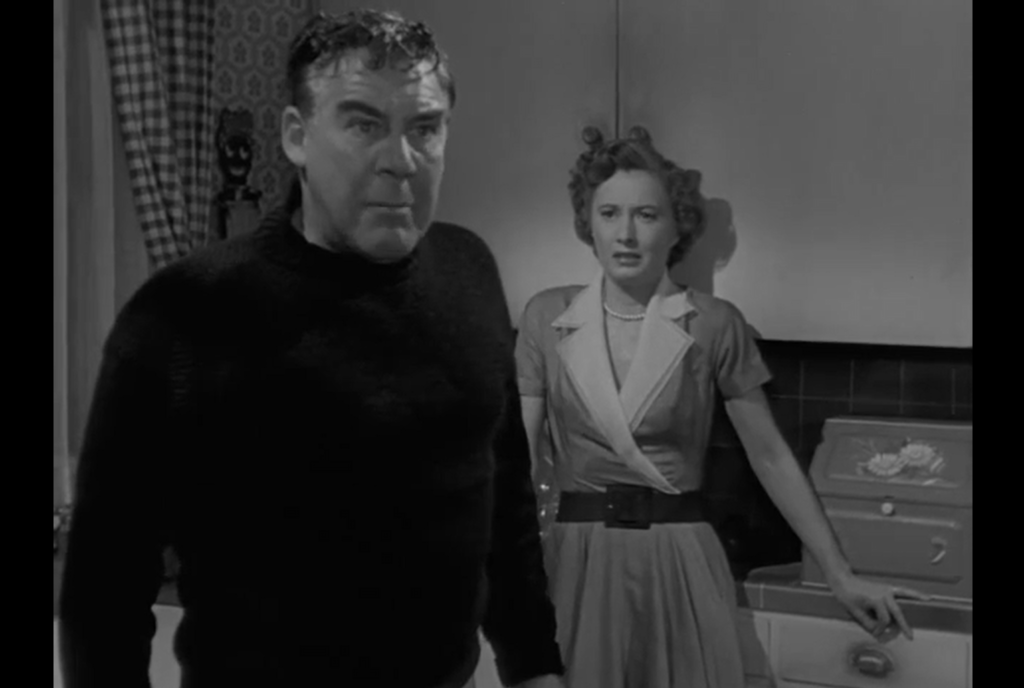
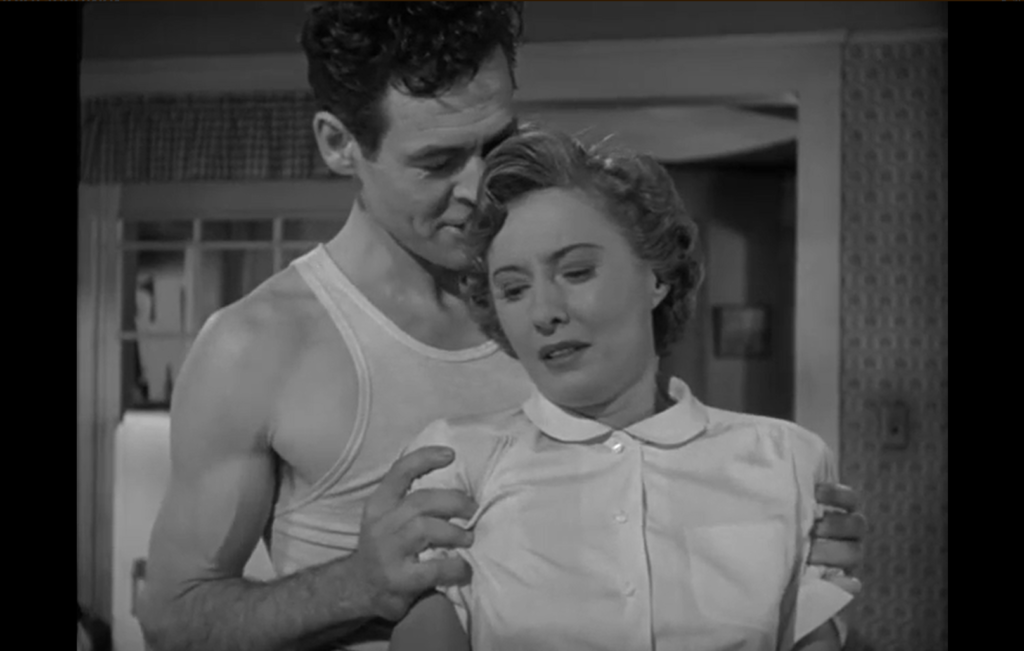
- Nicholas Musuraca’s cinematography
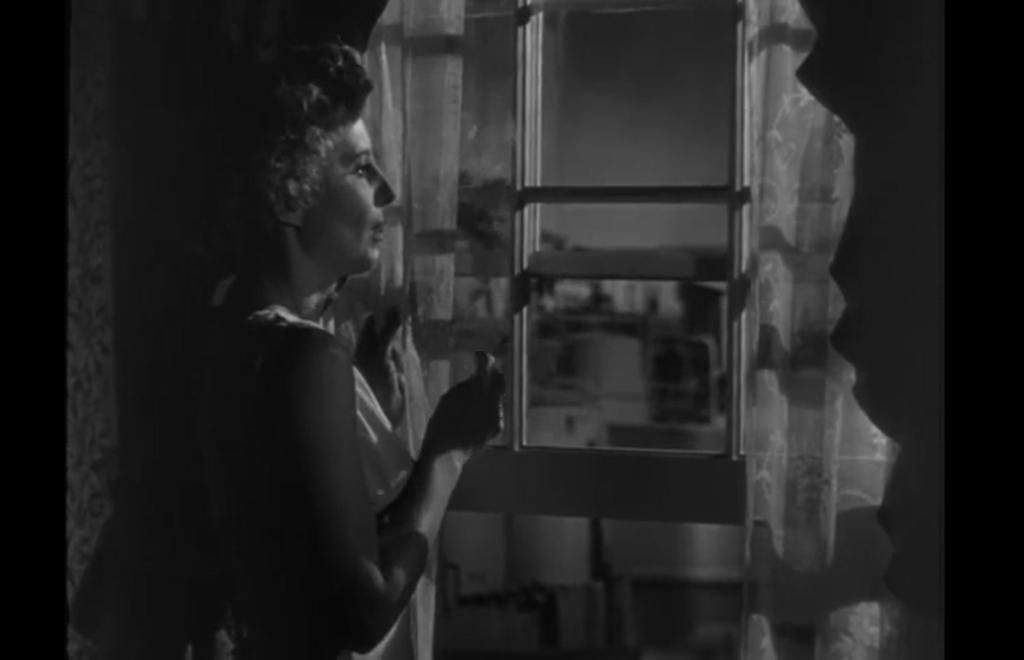
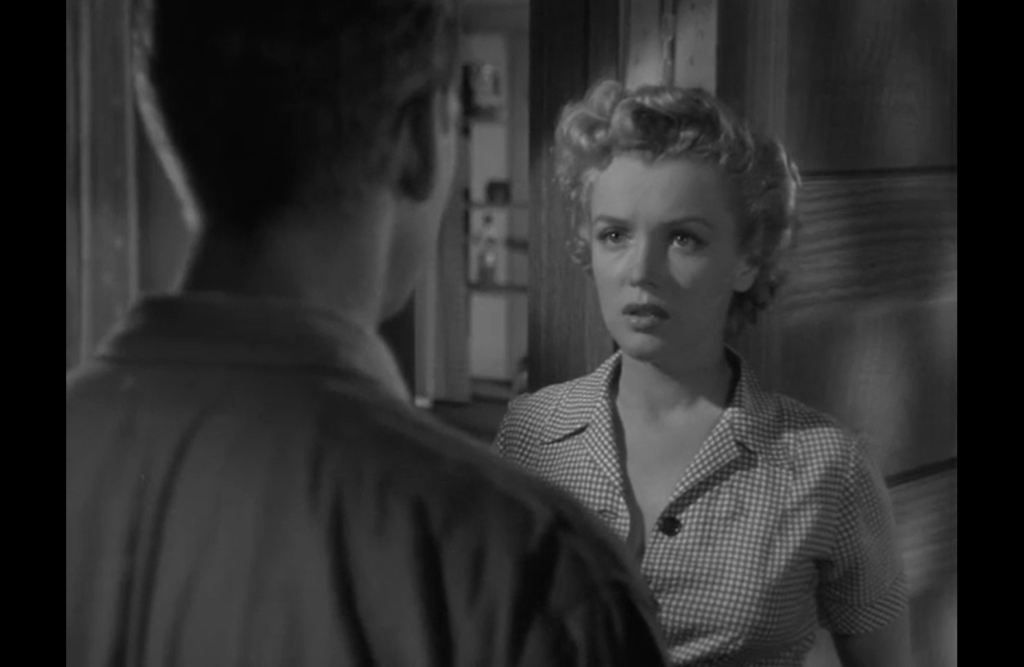
Must See?
No, but it’s worth checking out.
Links:
|
